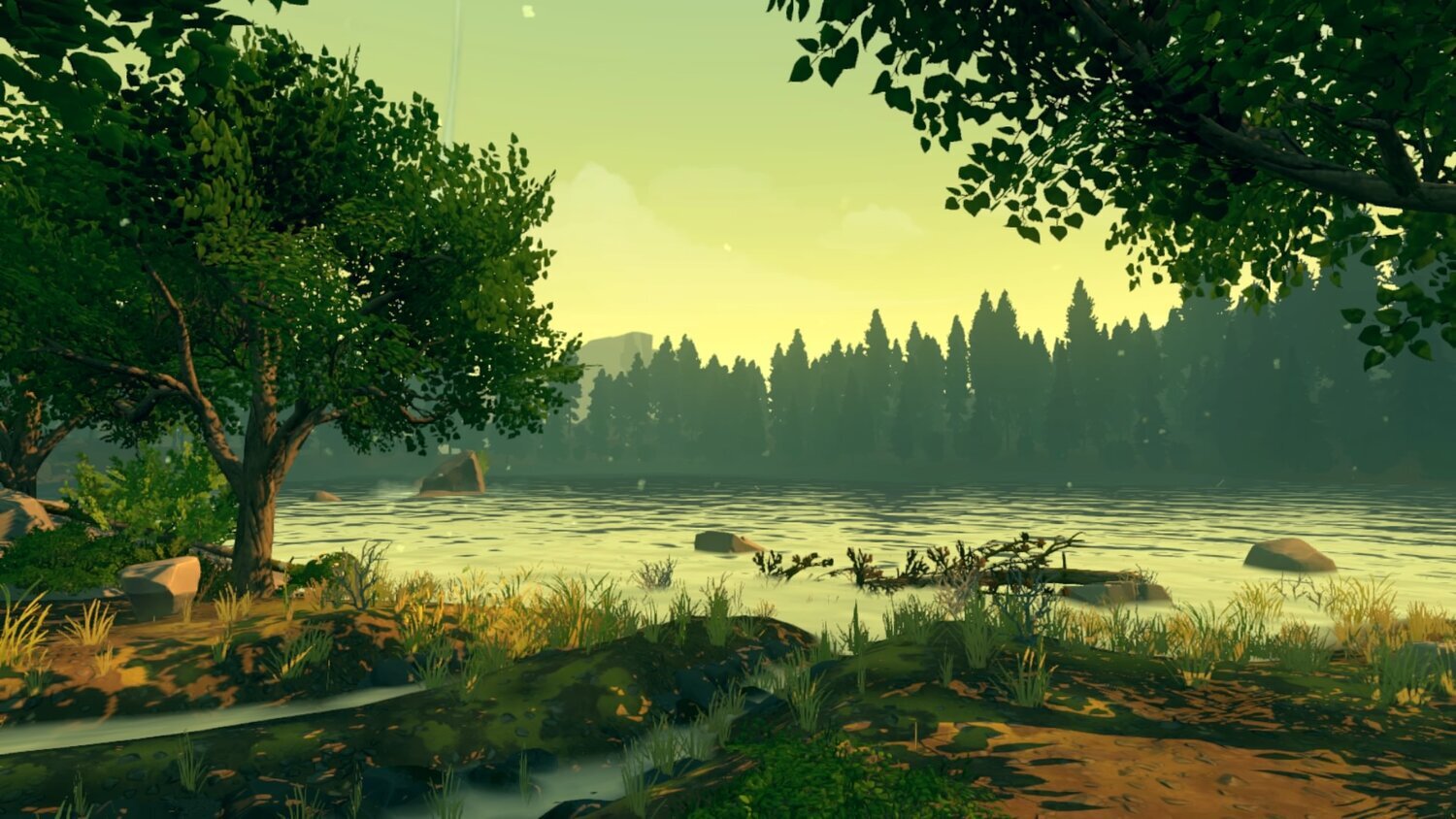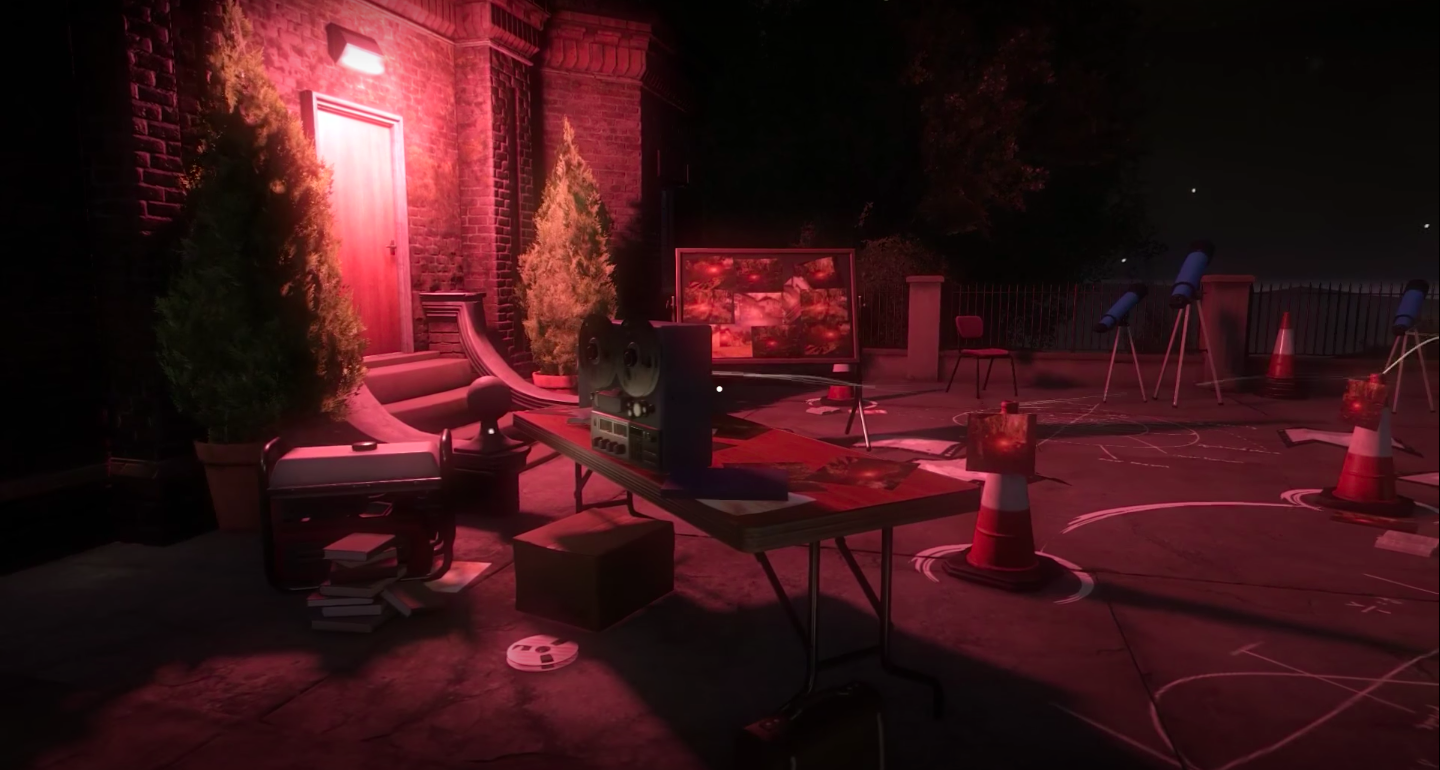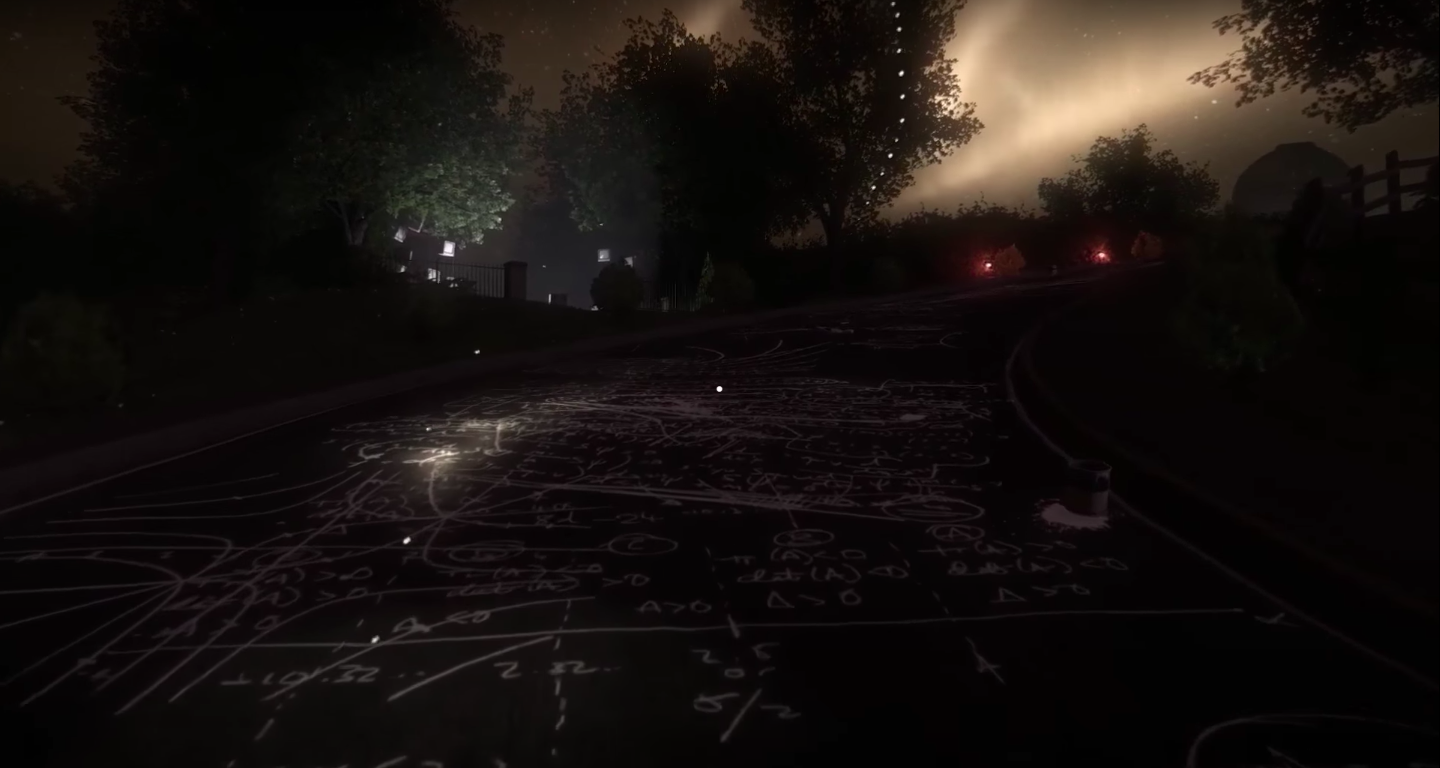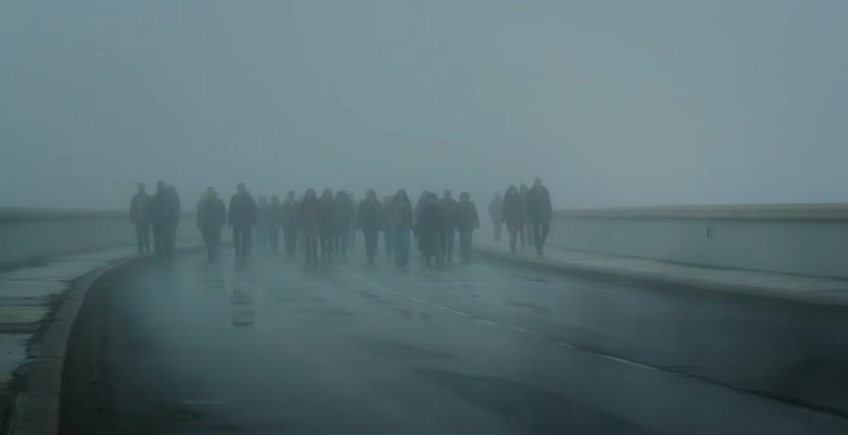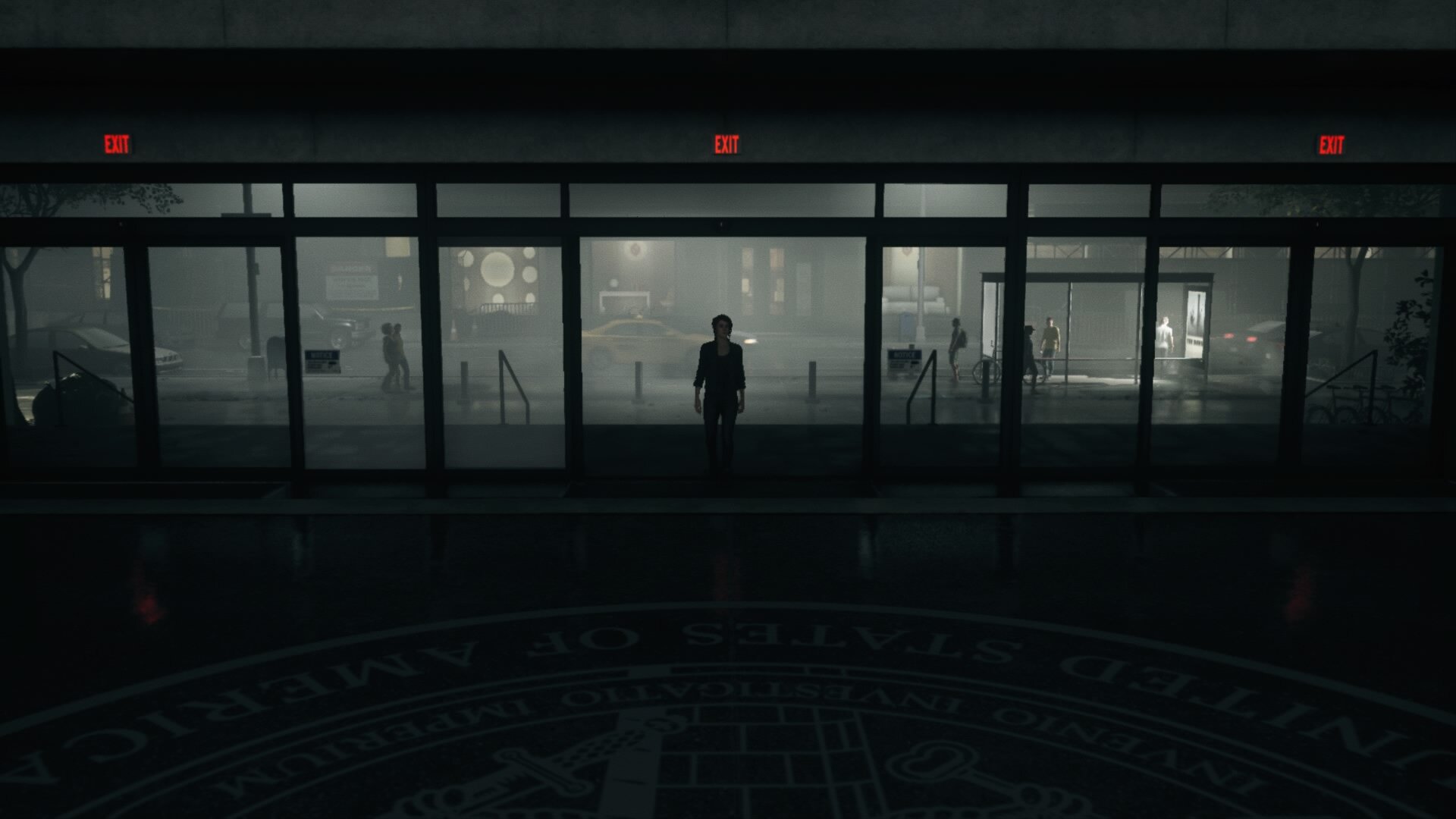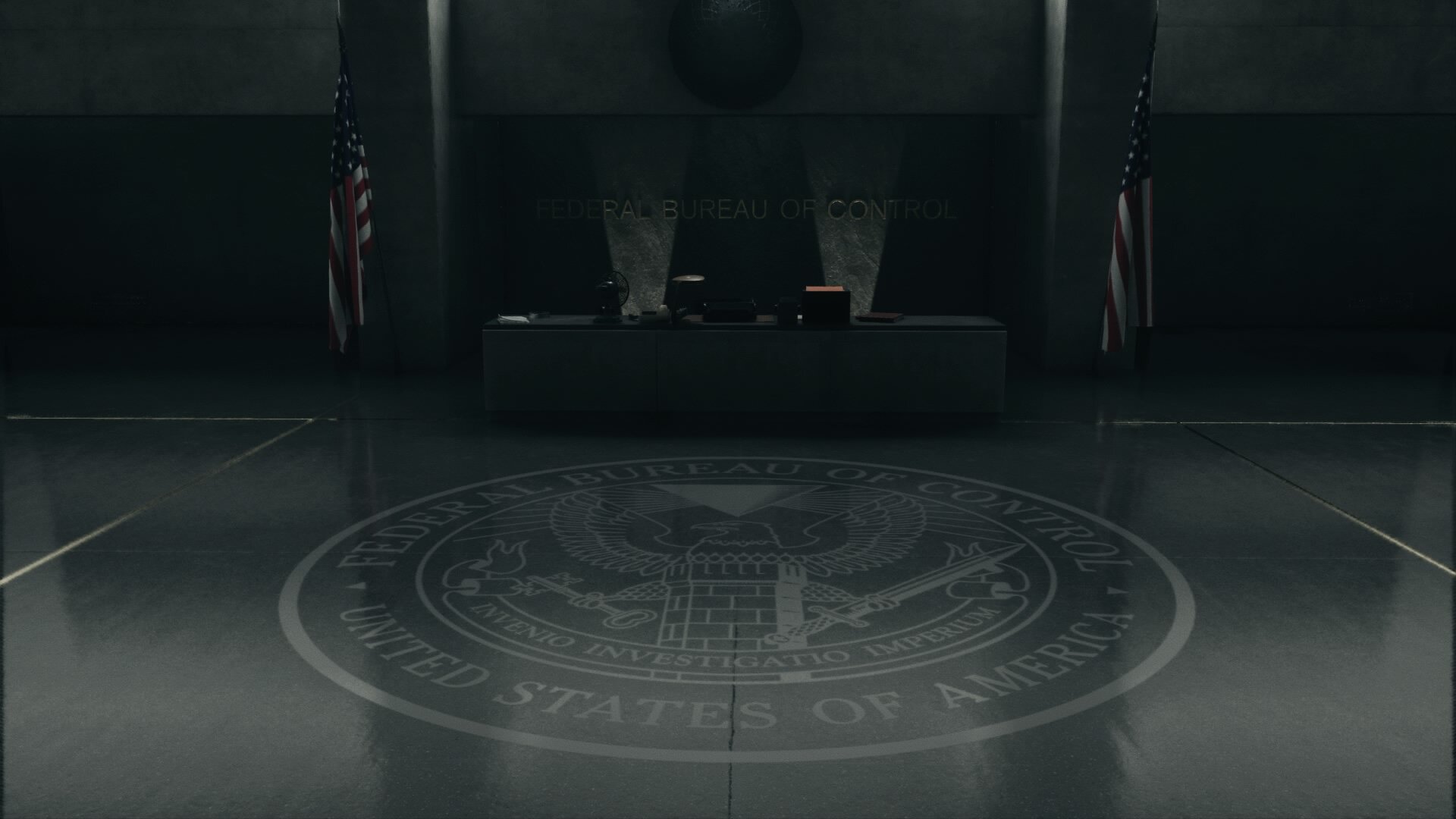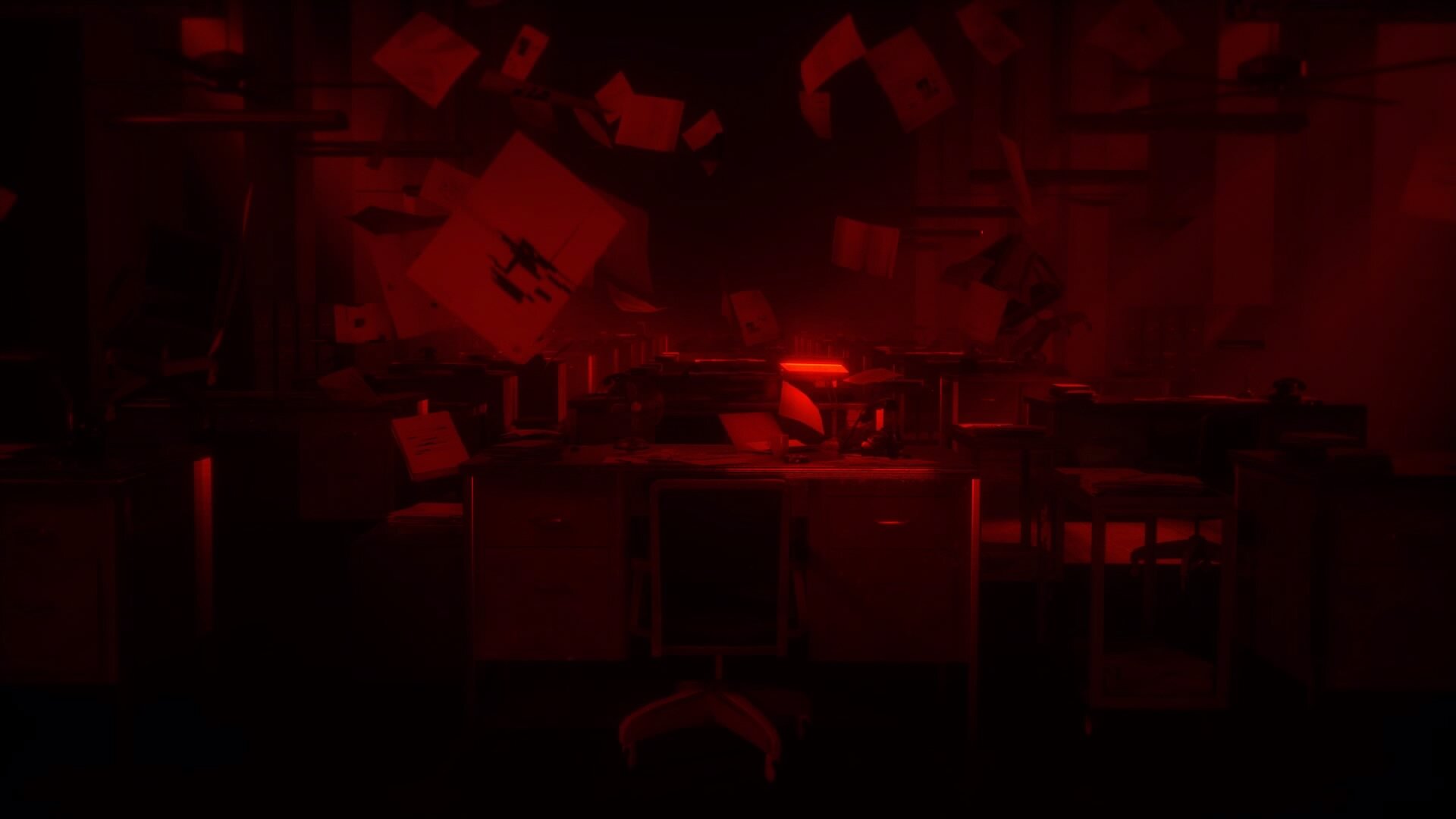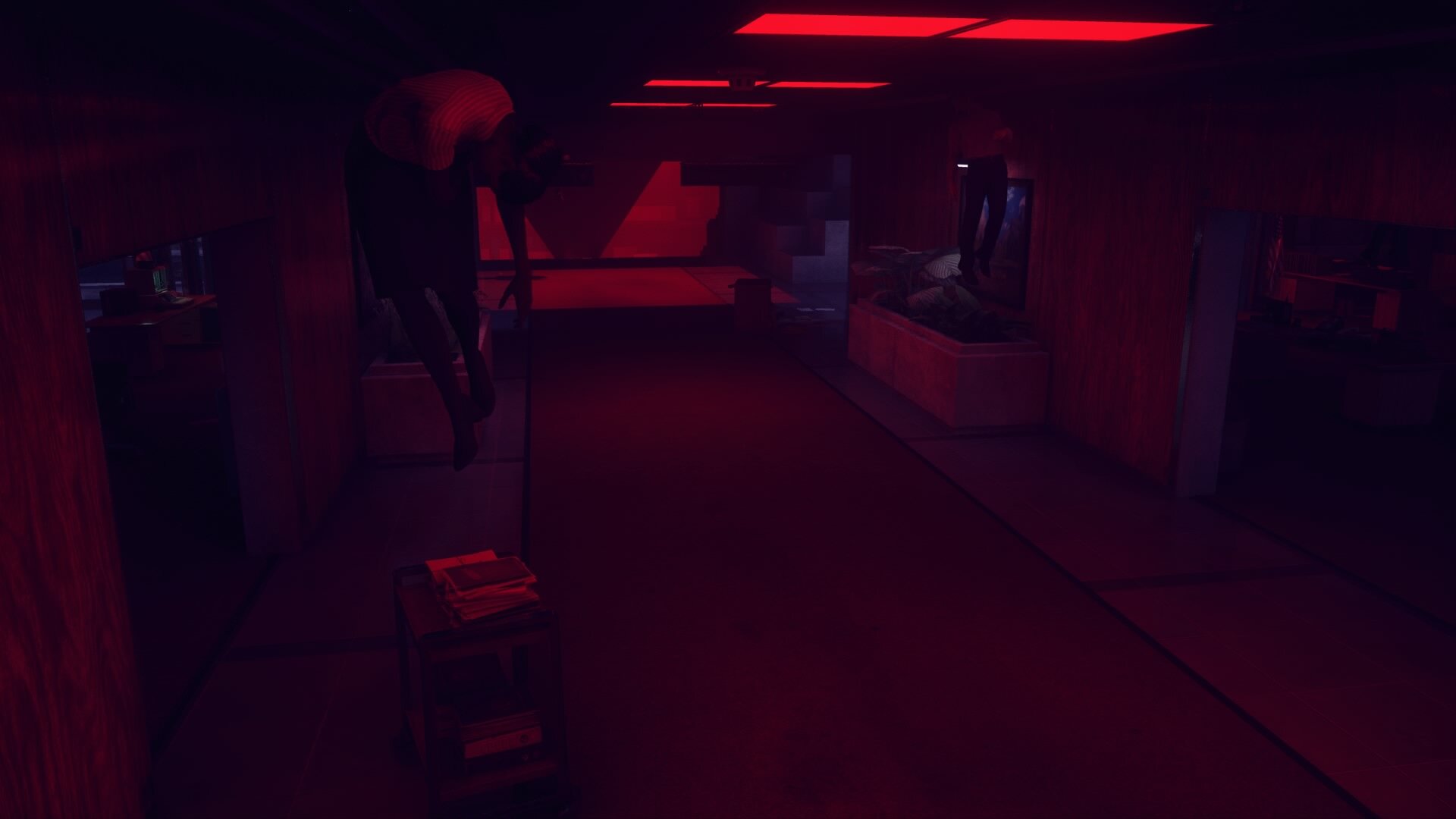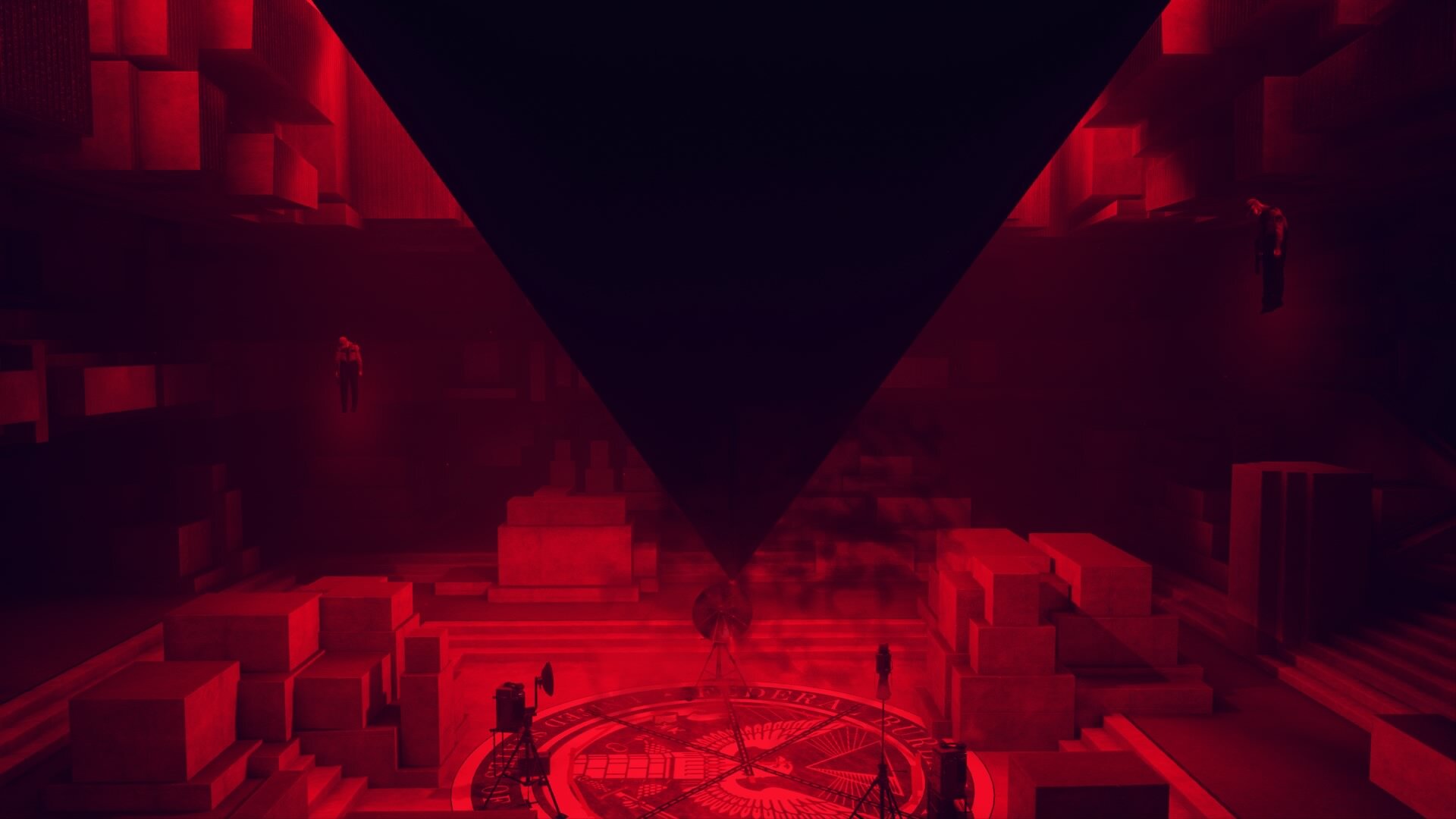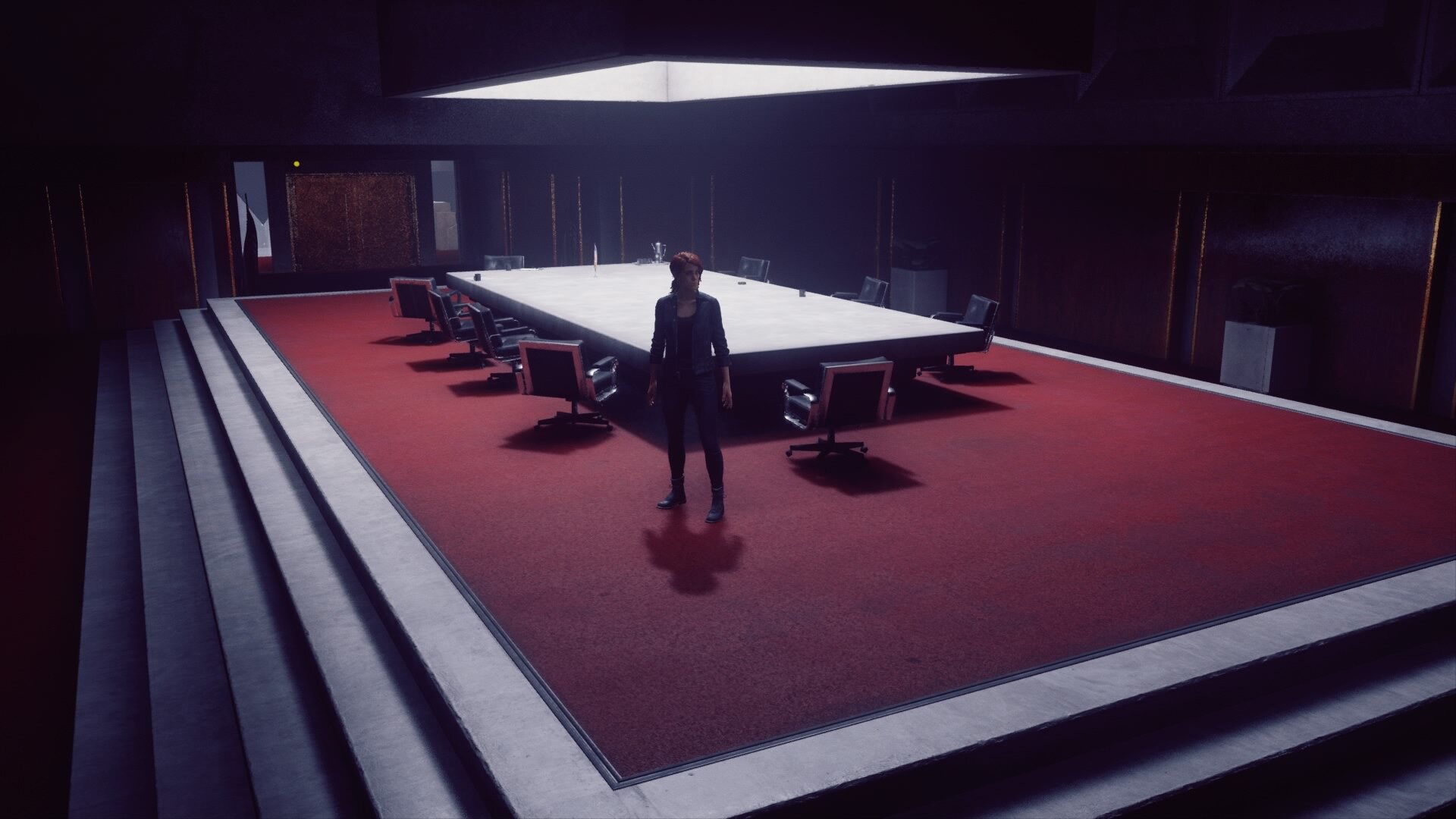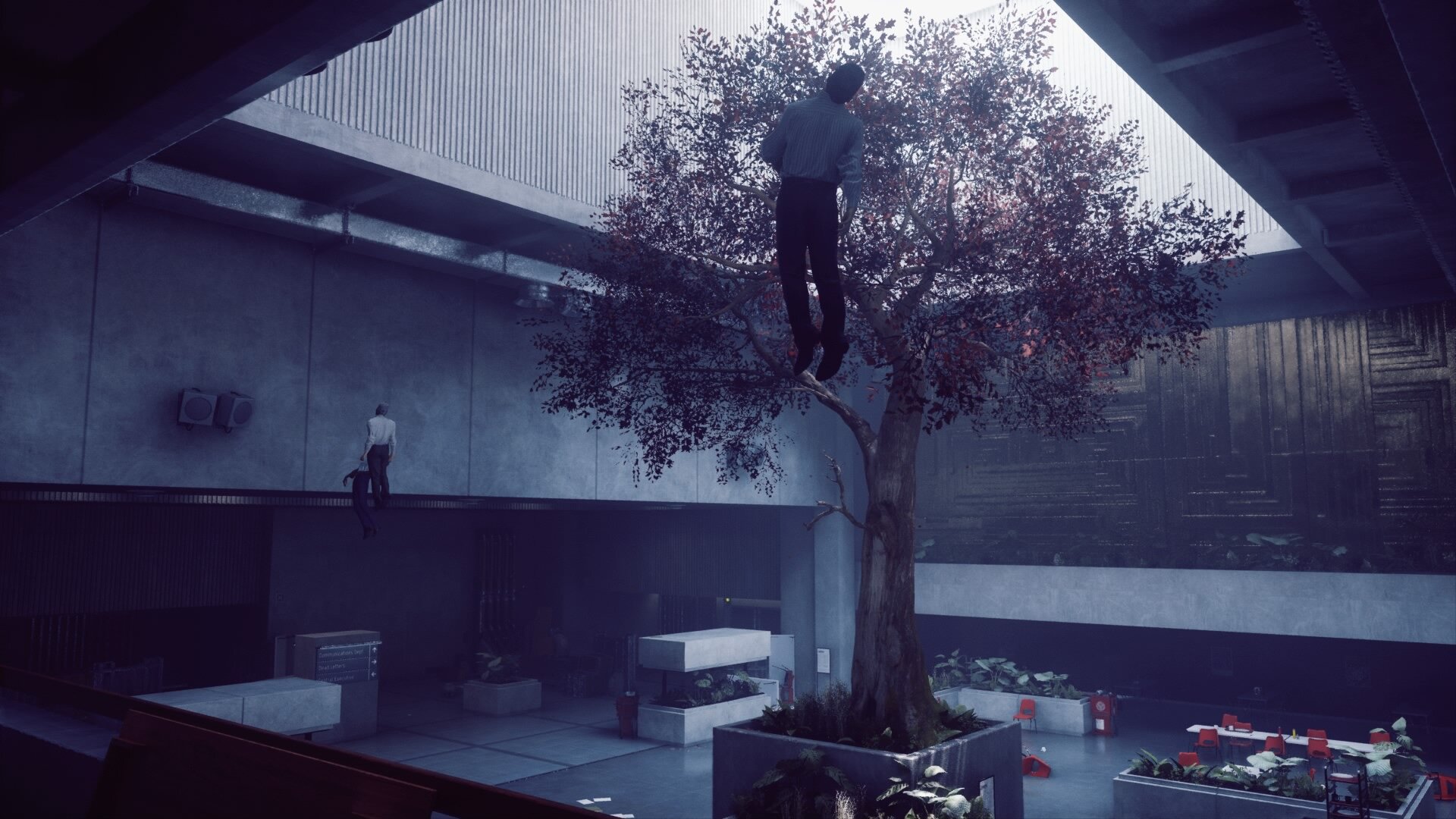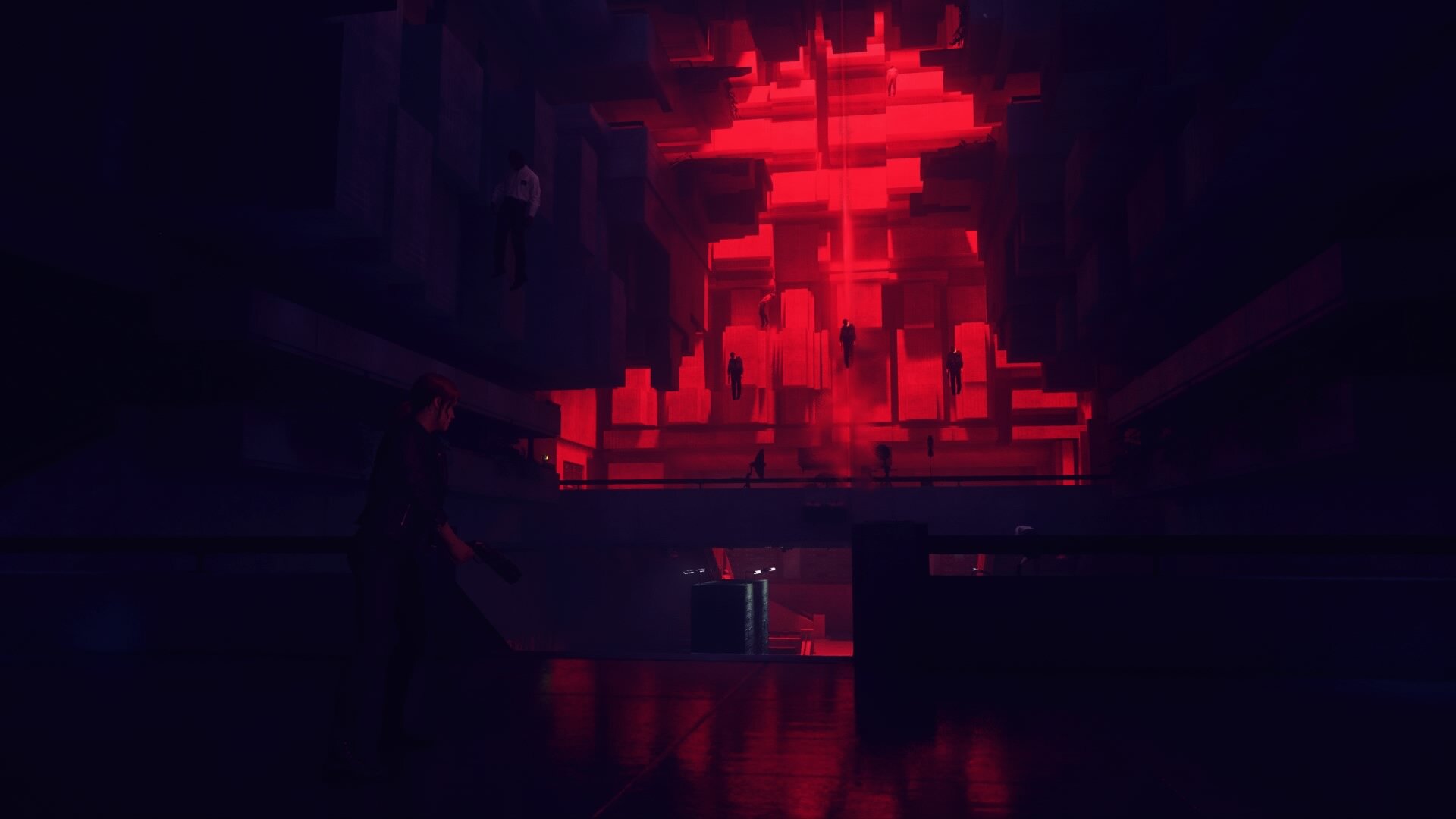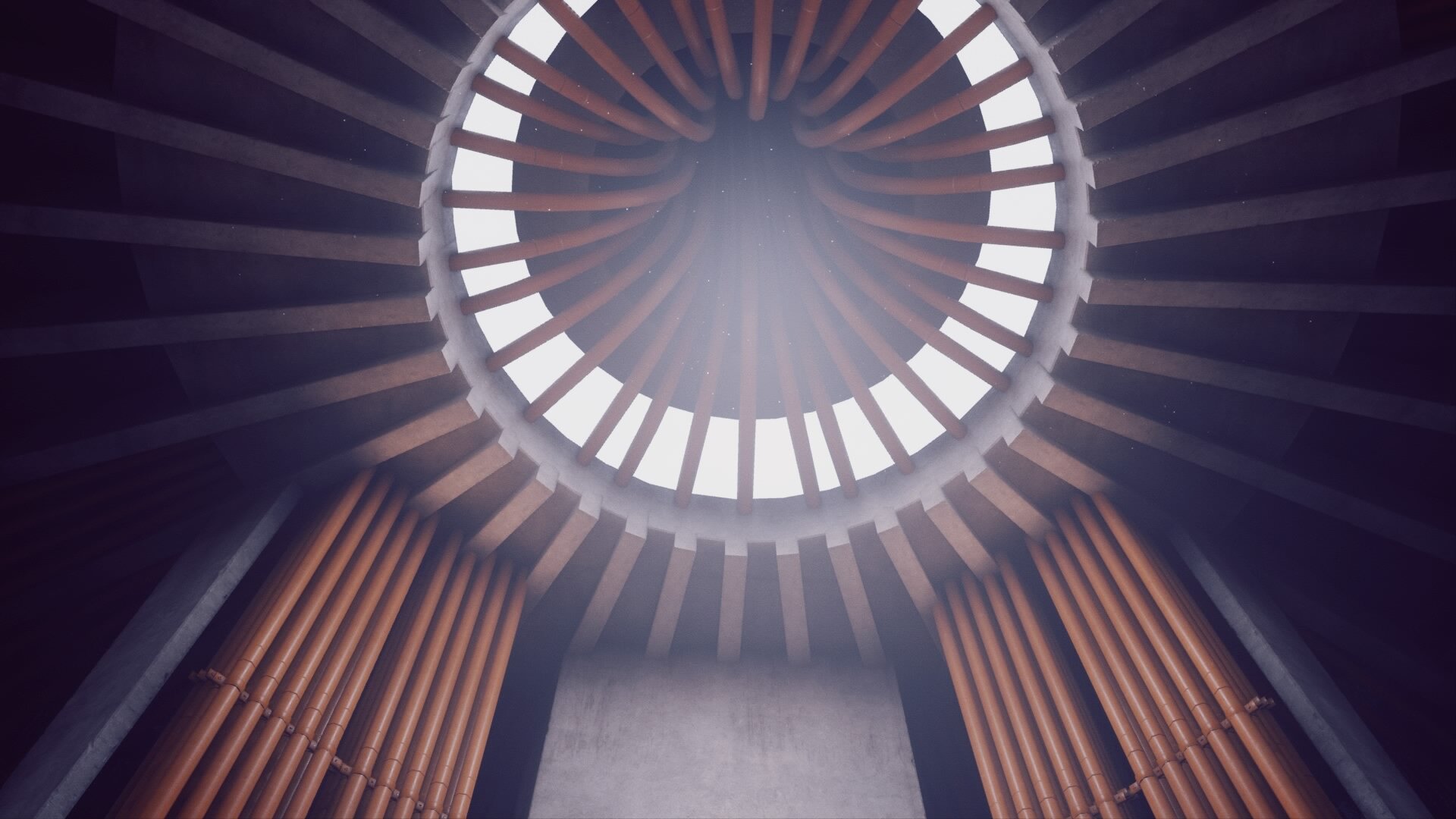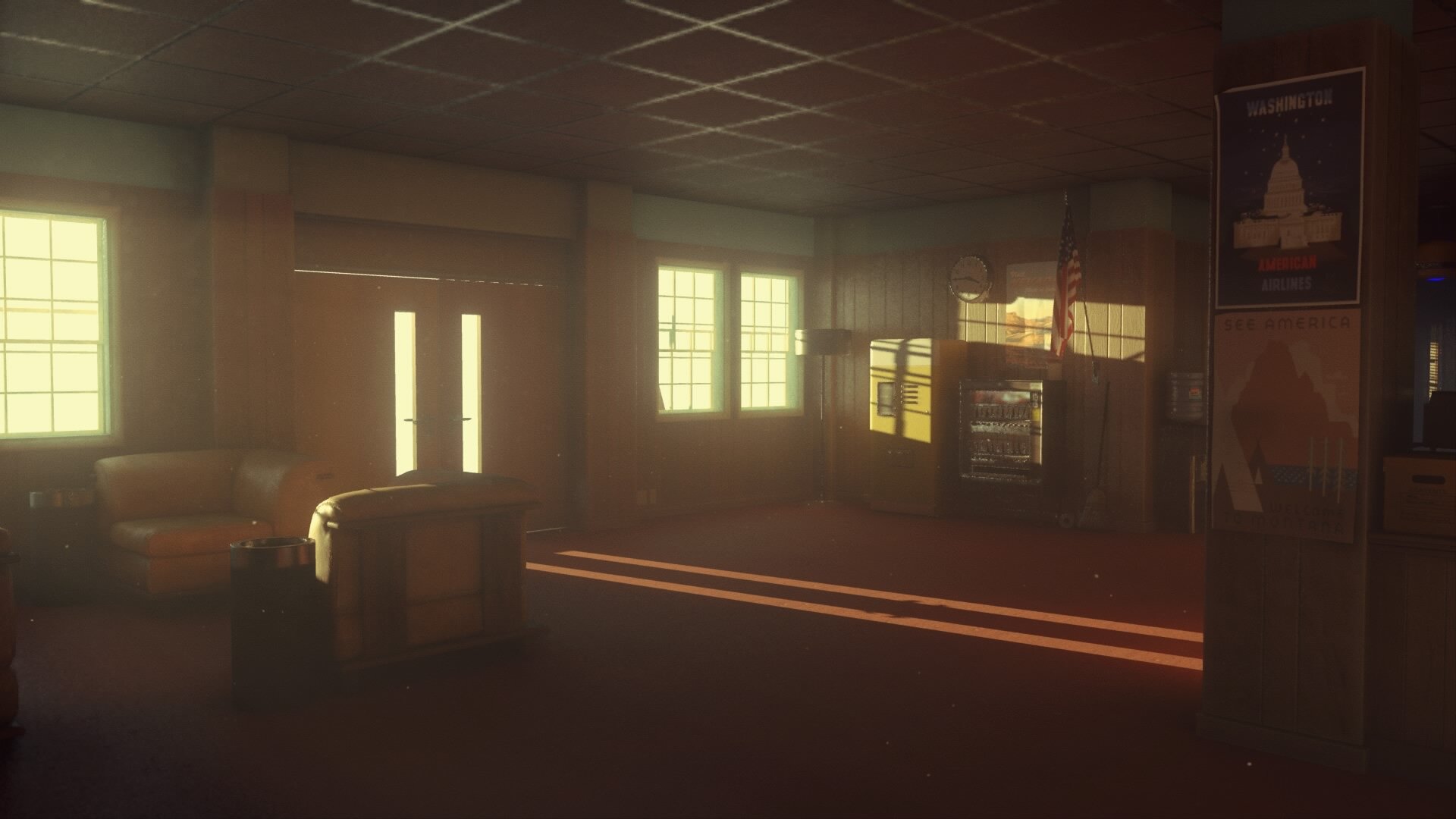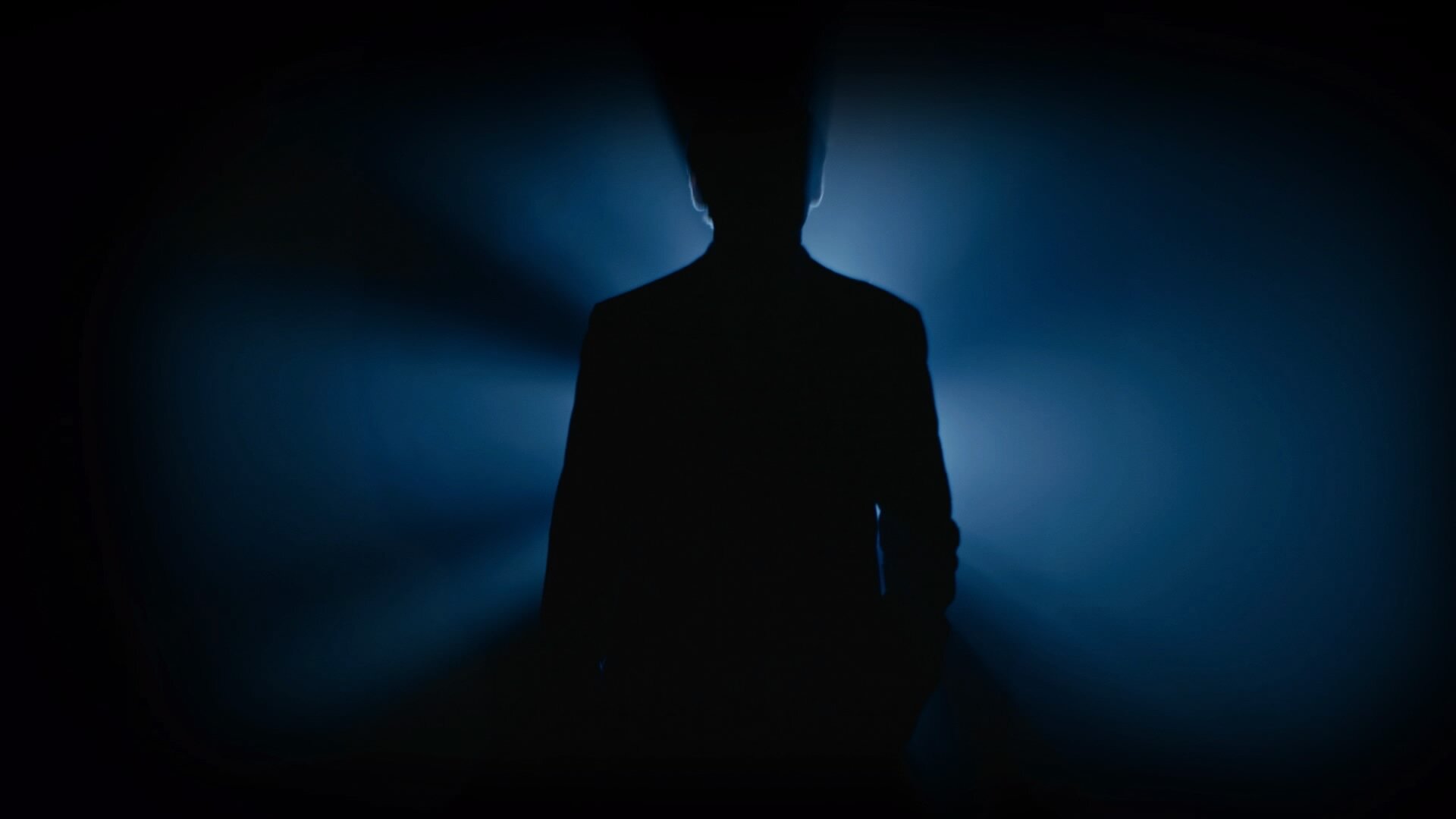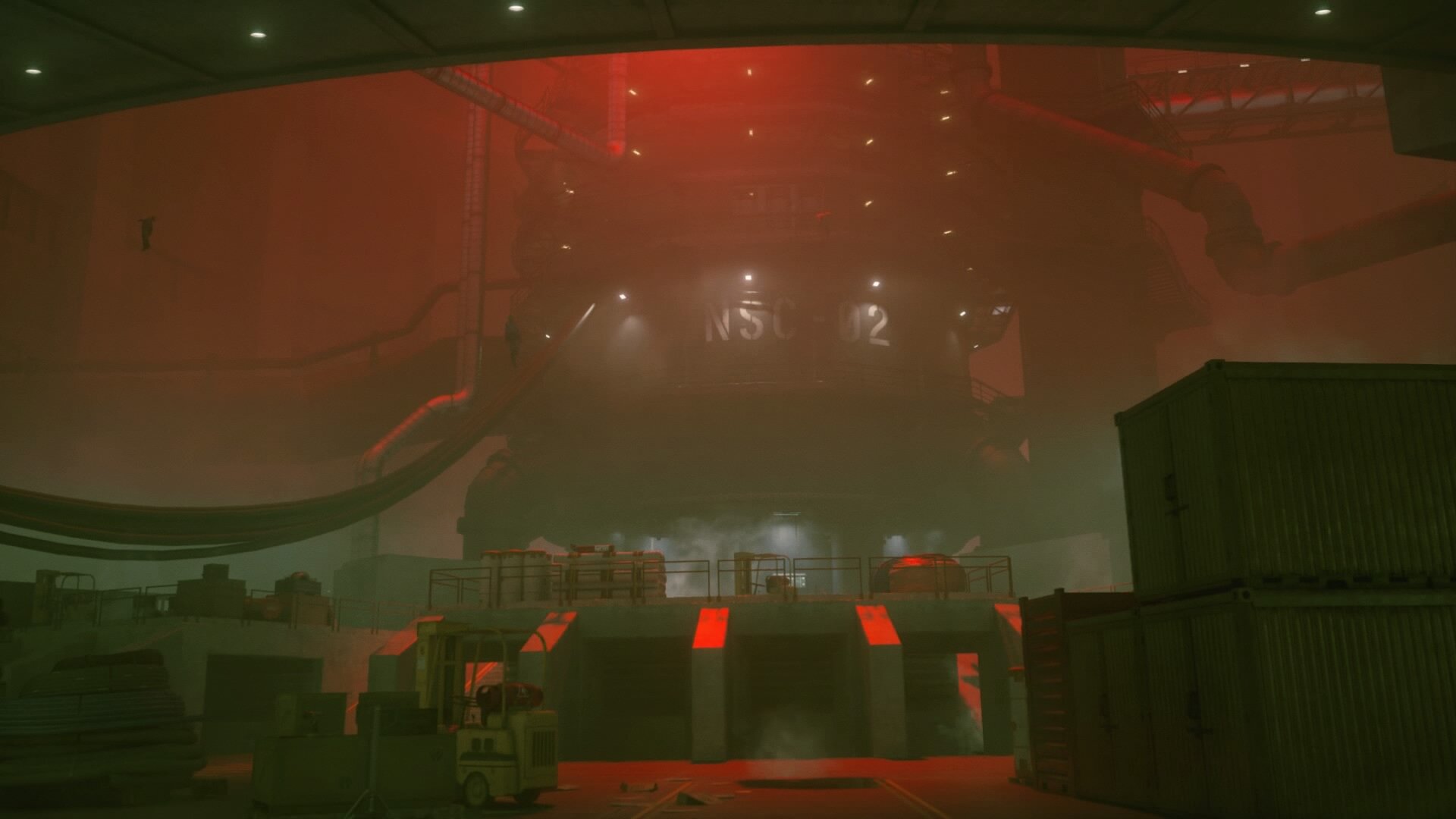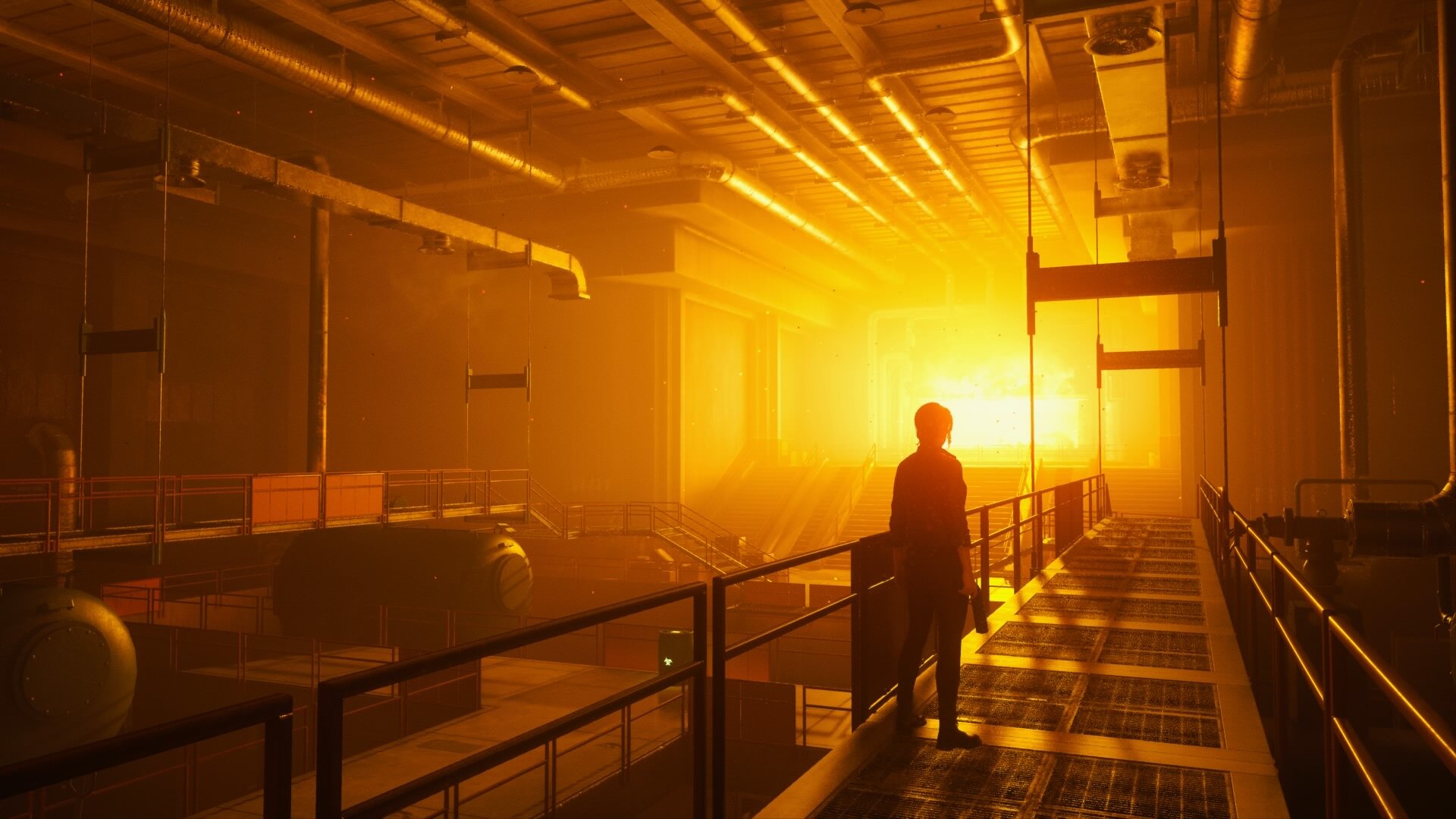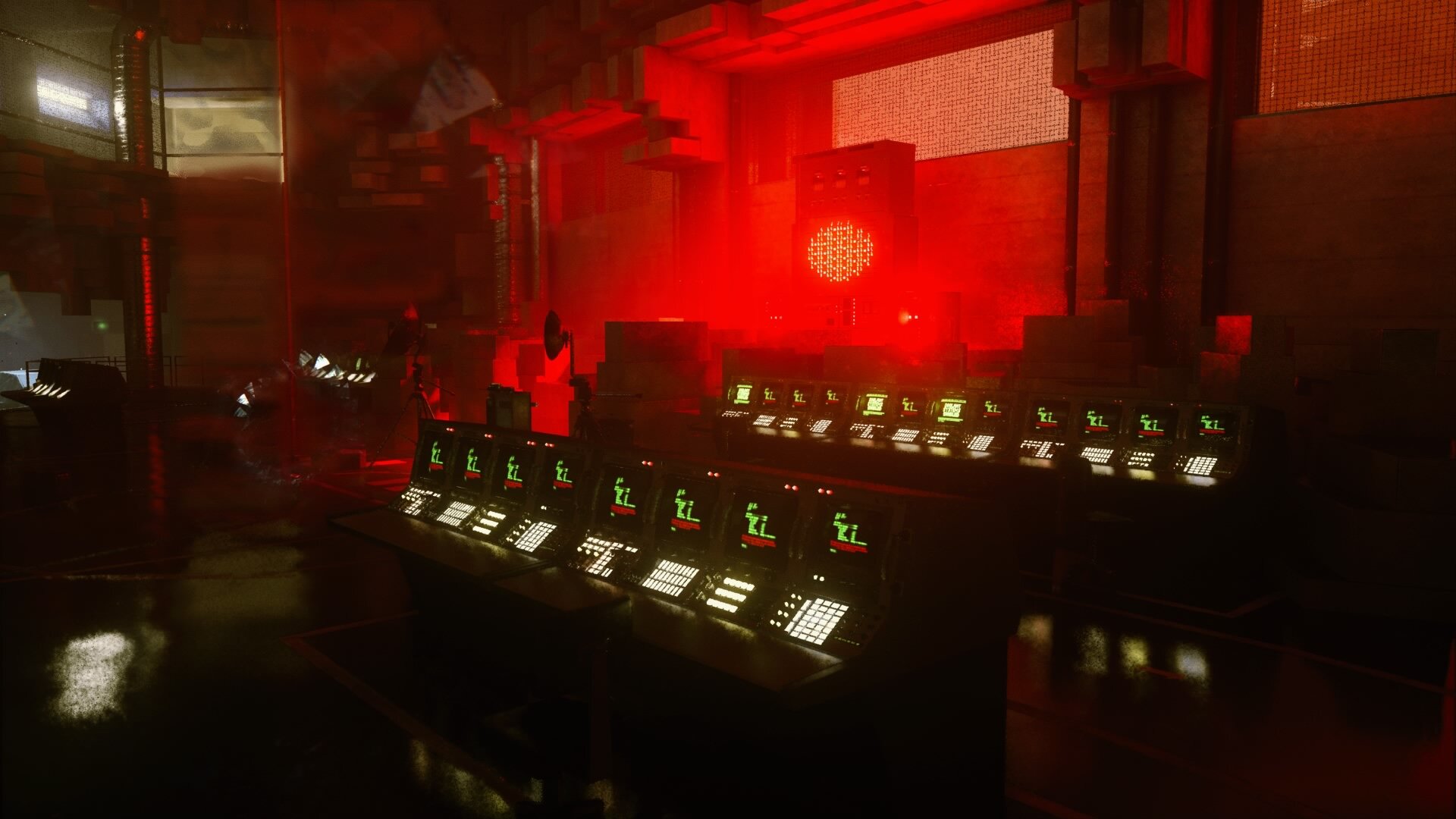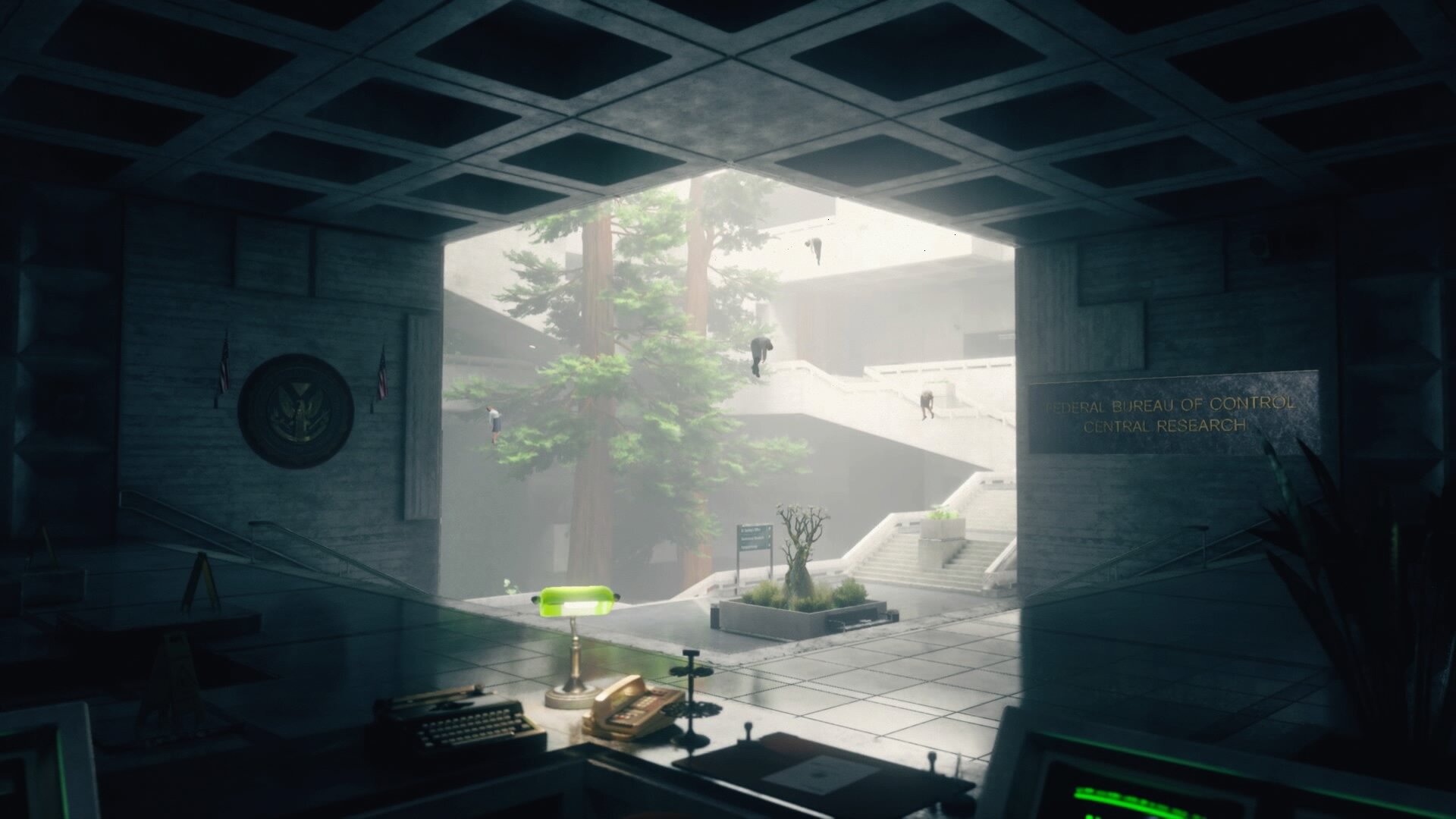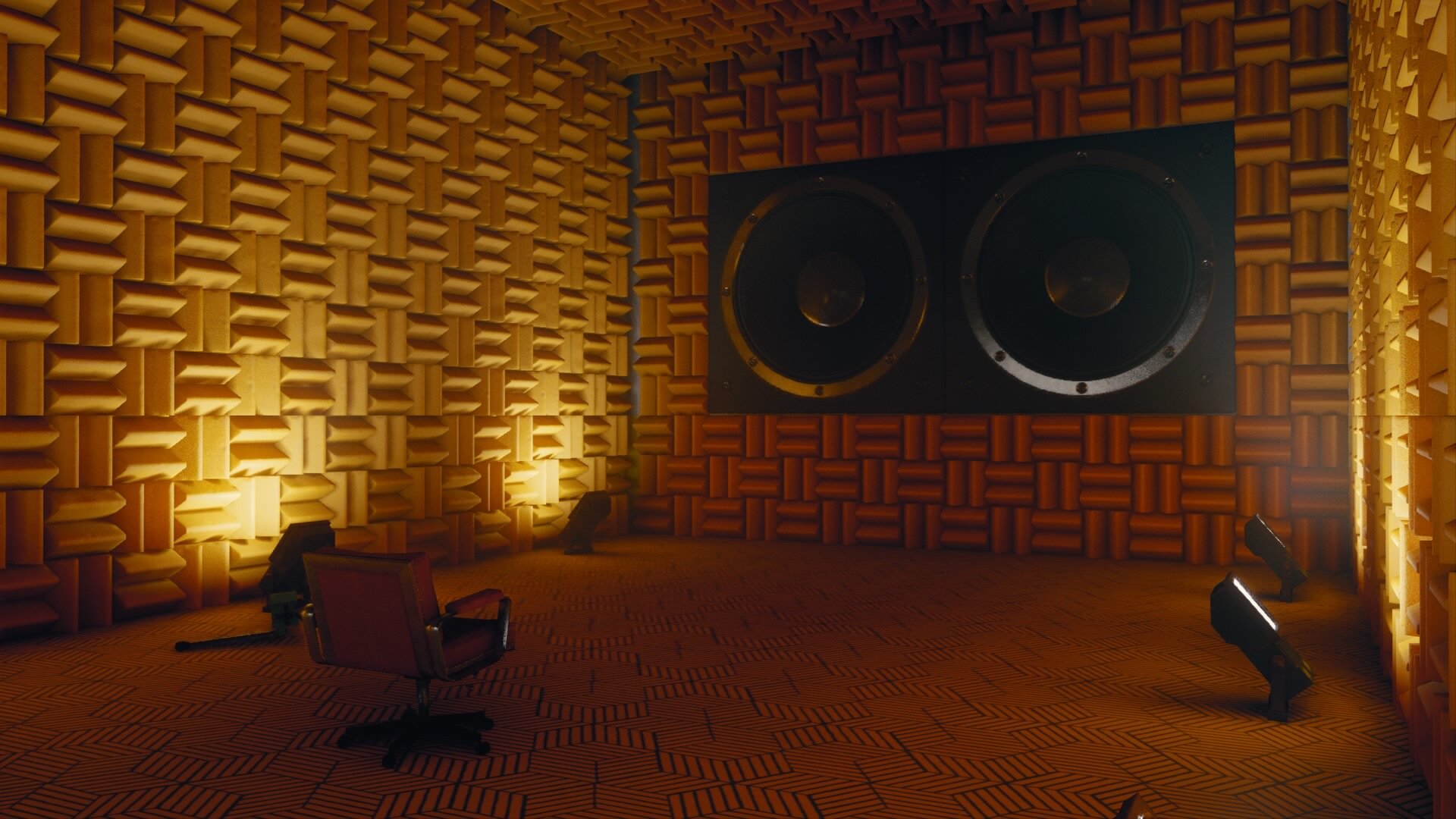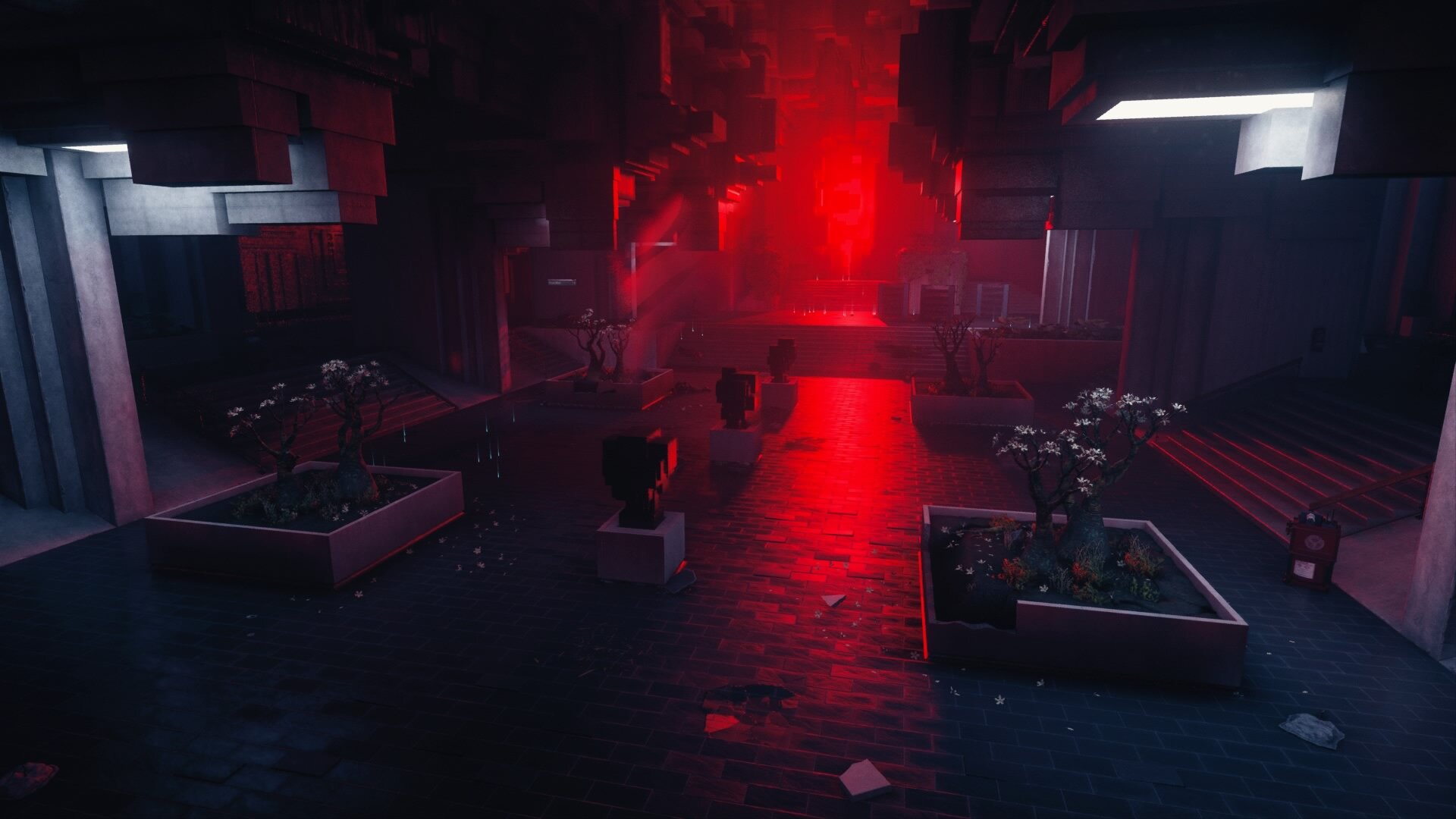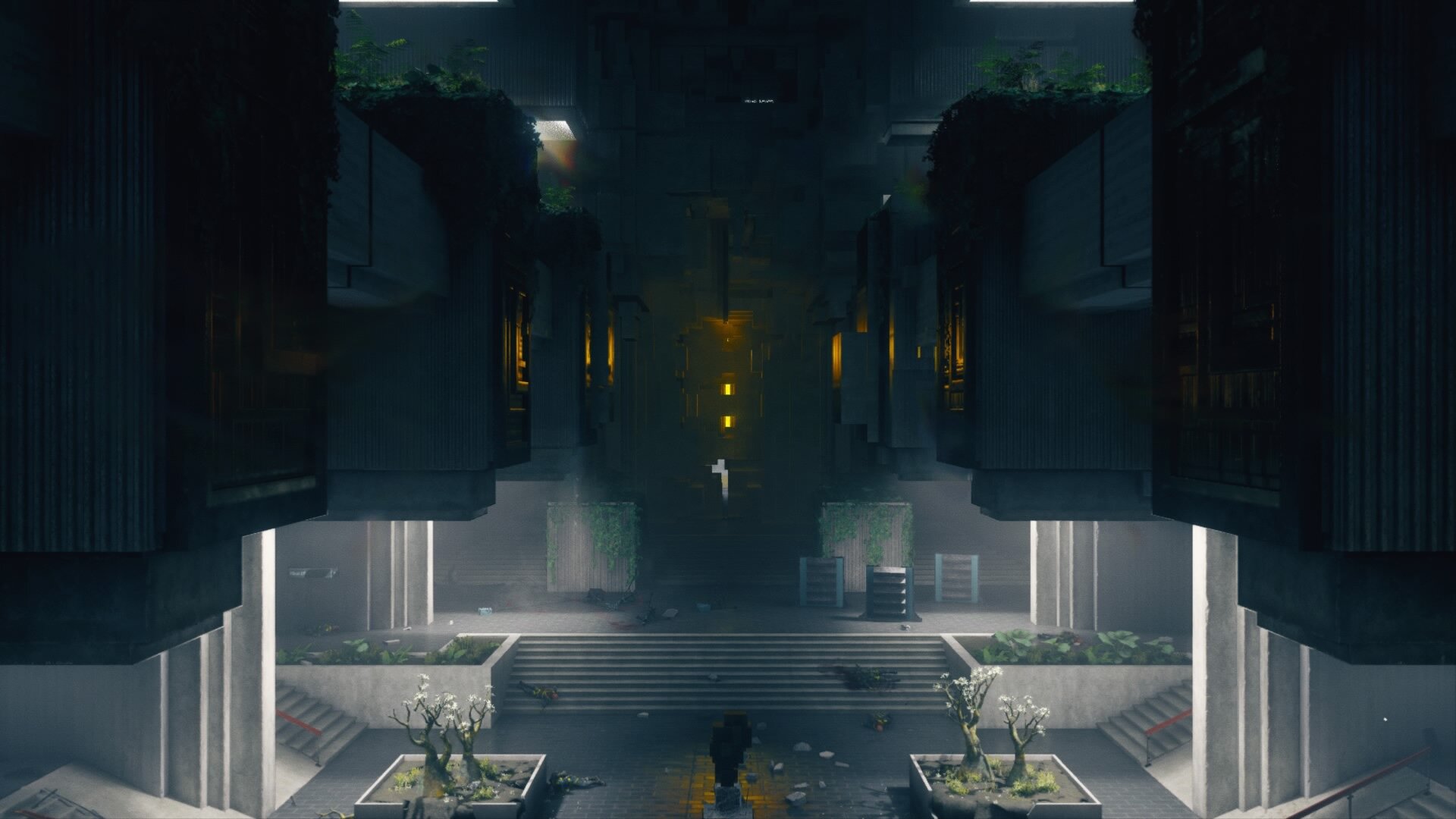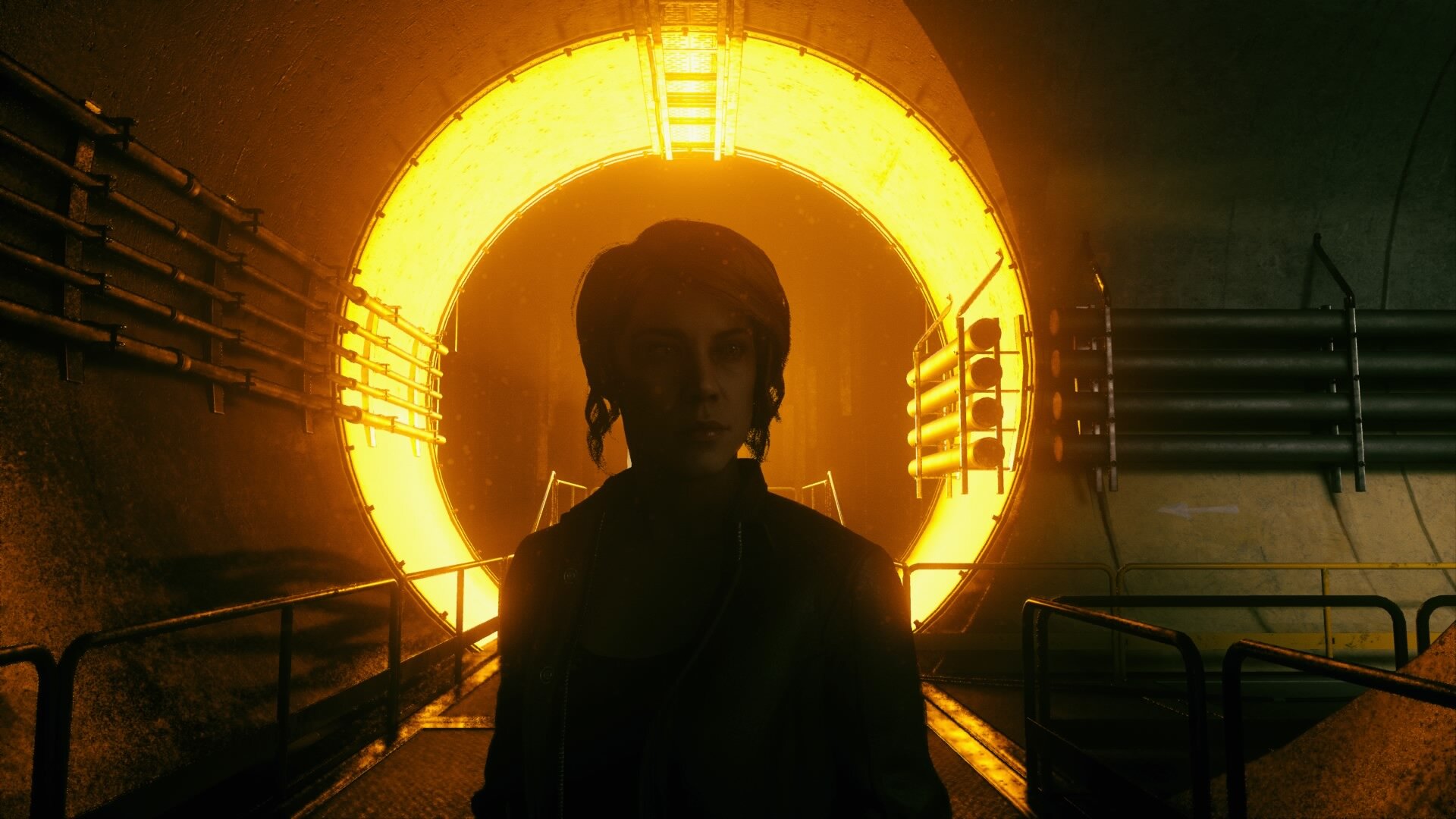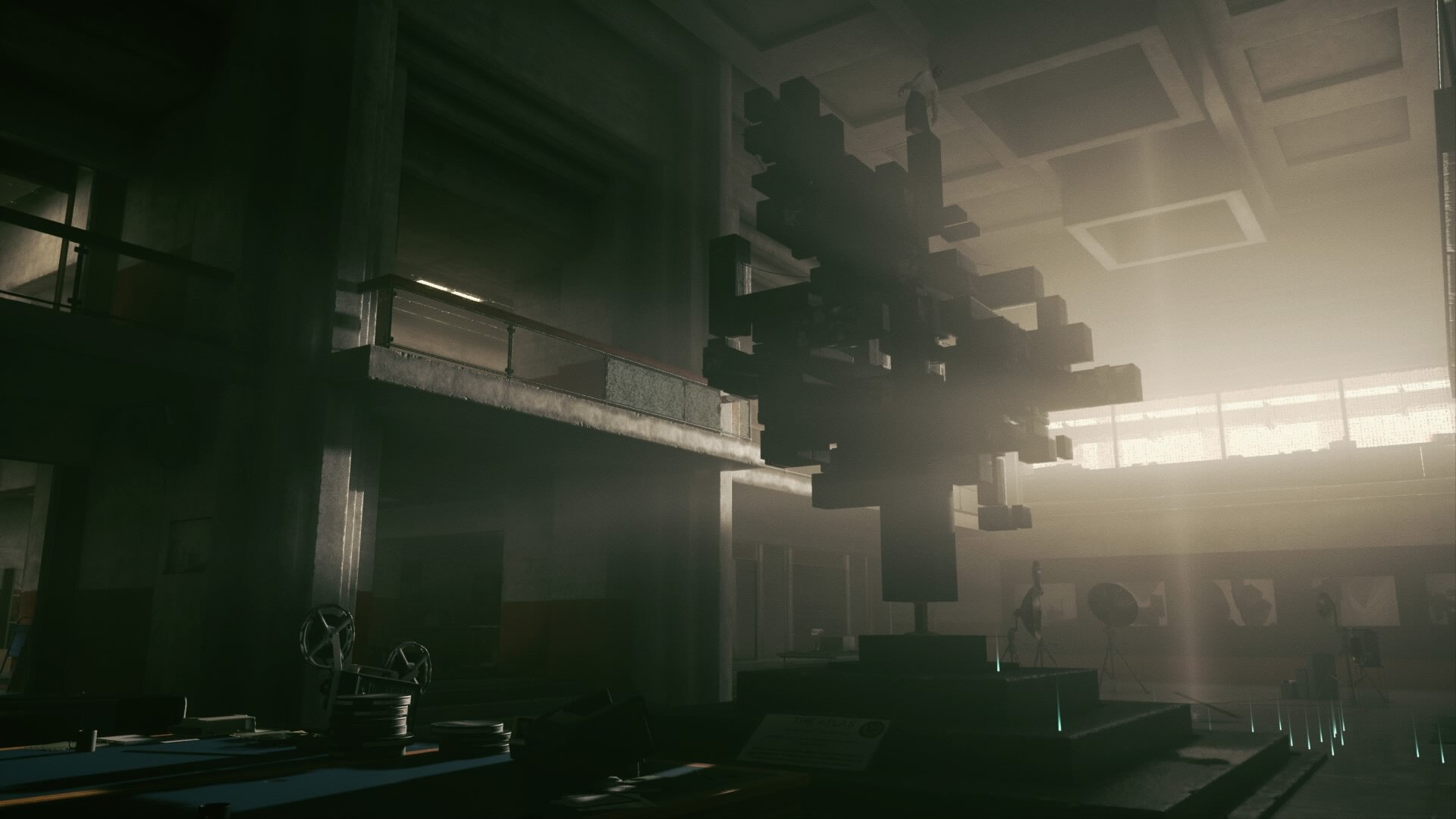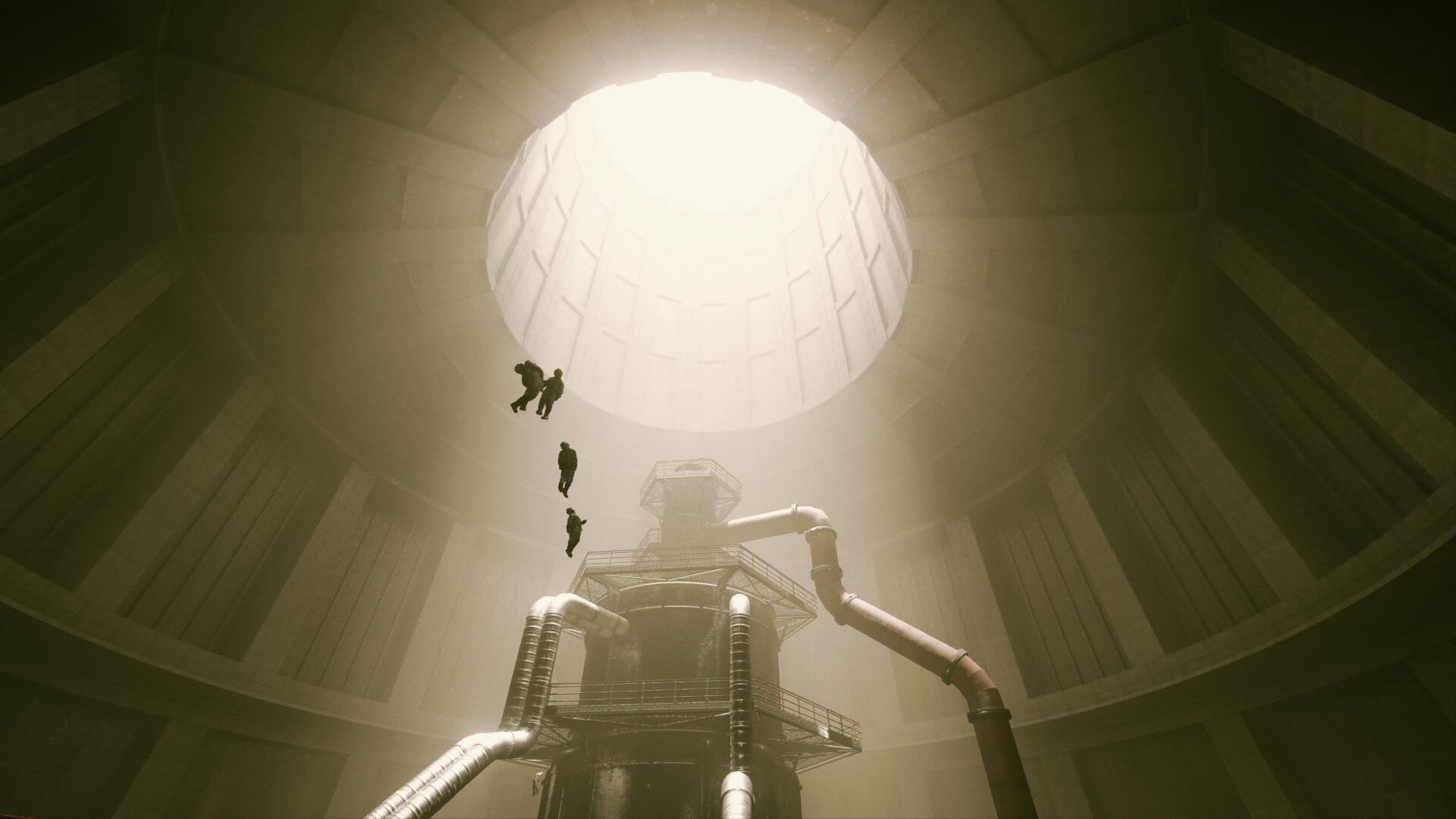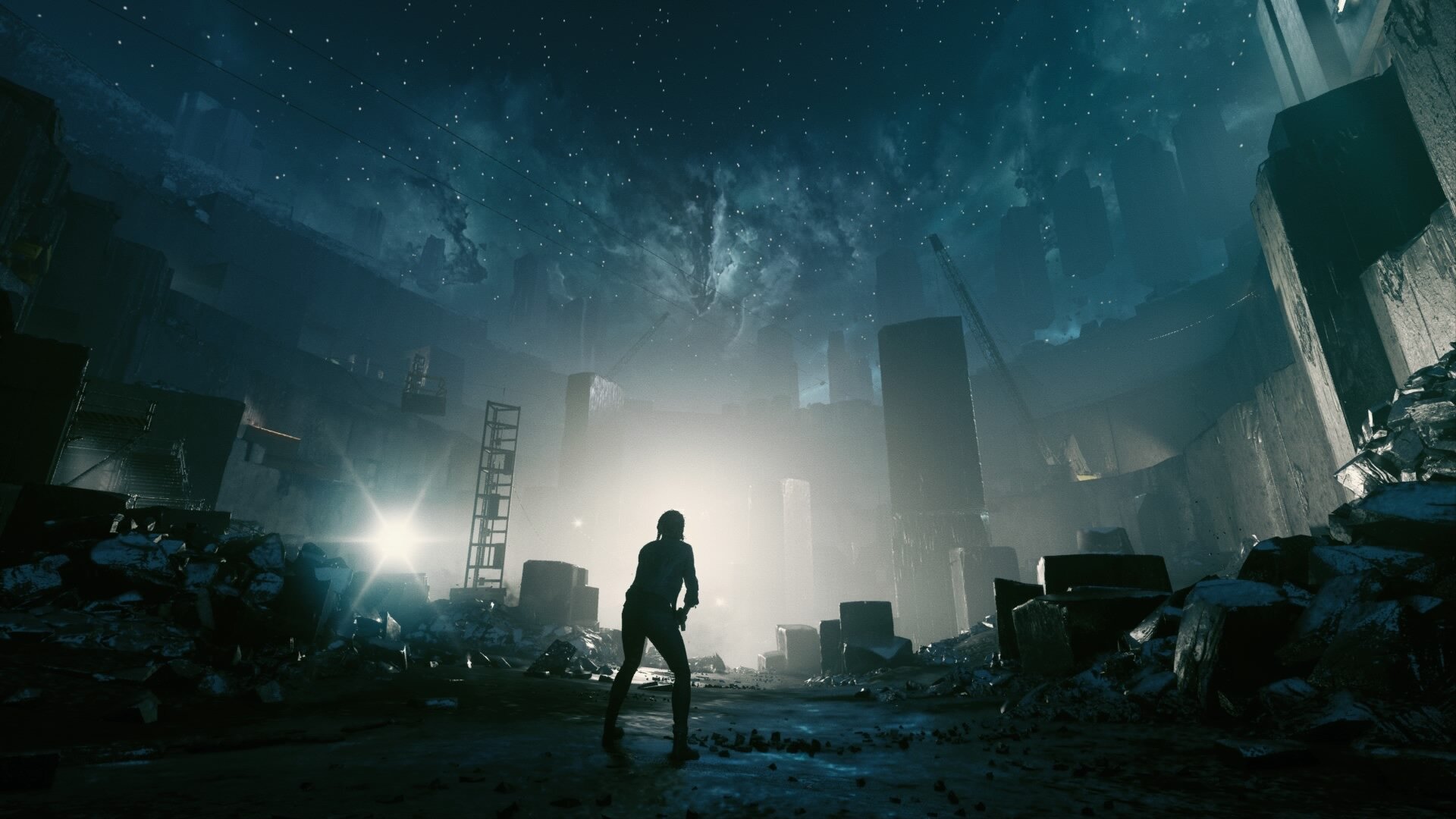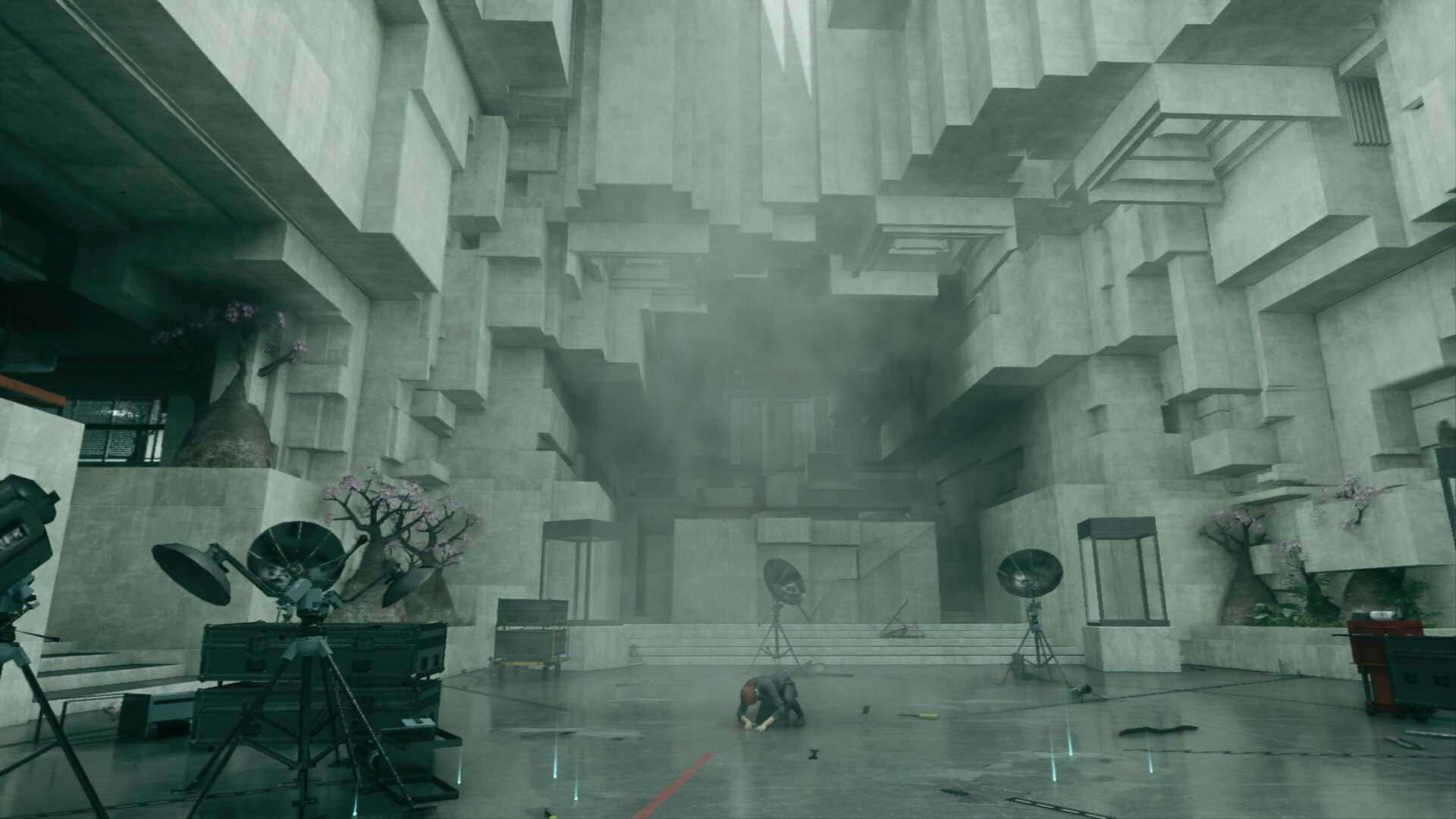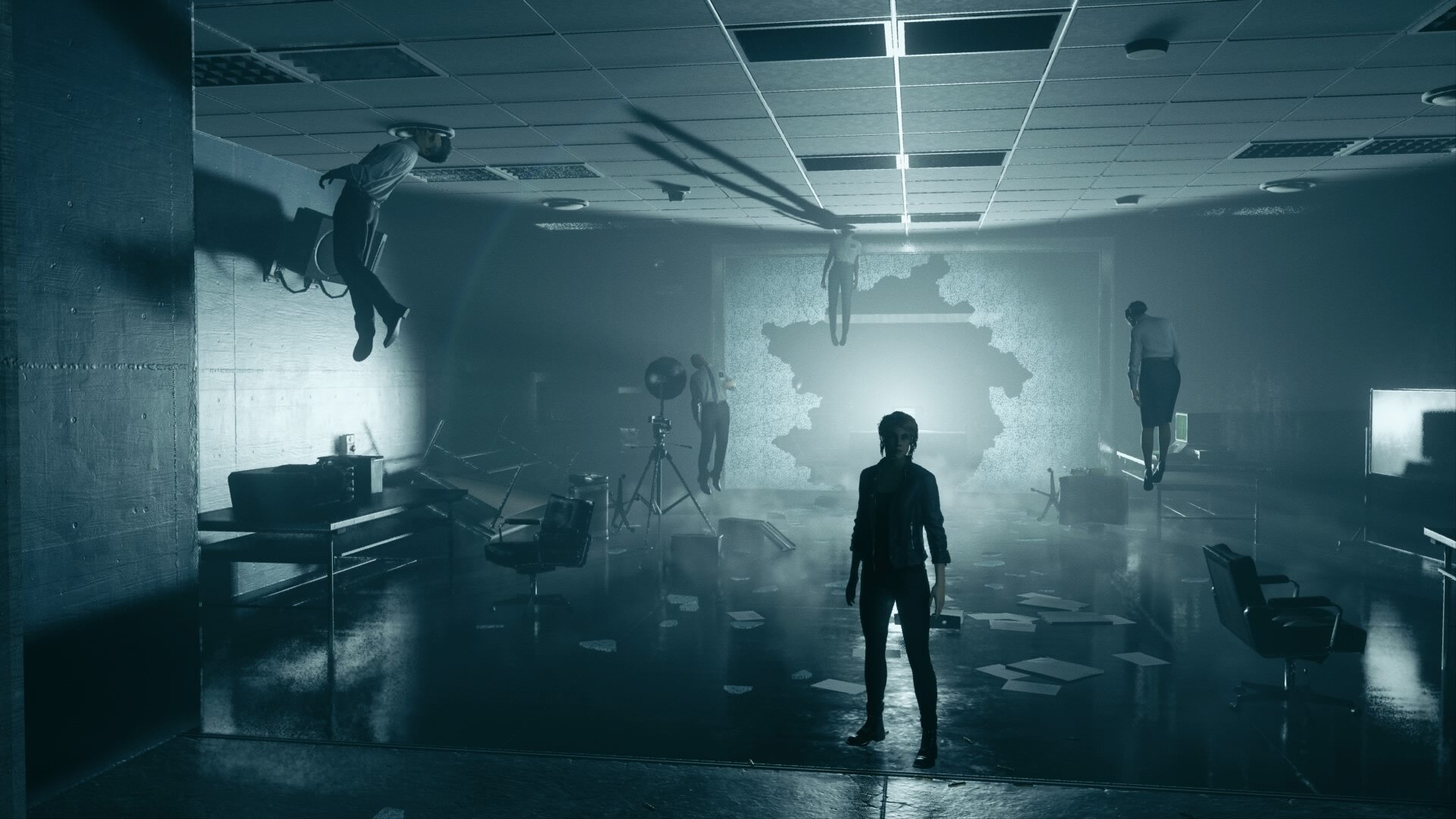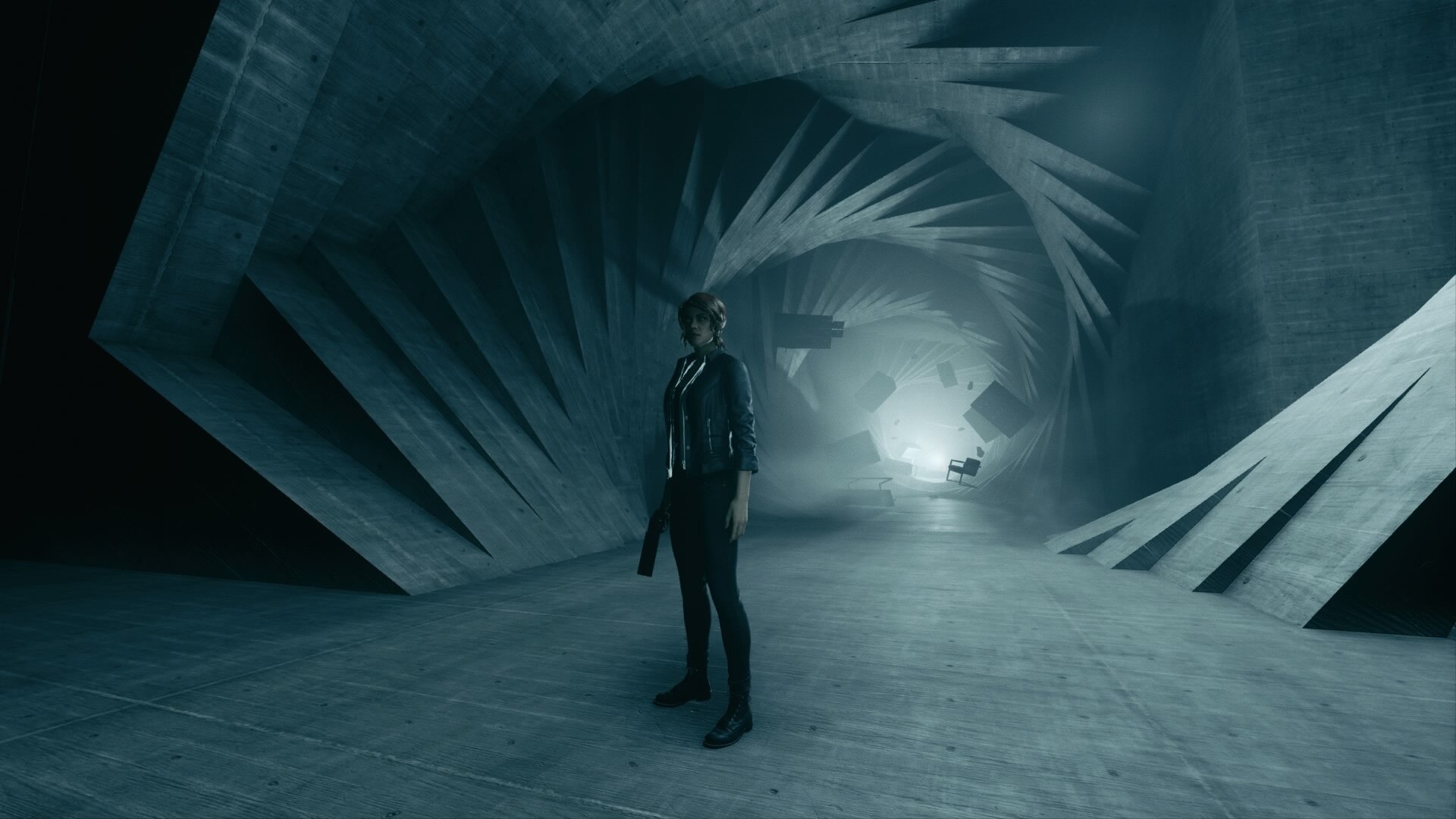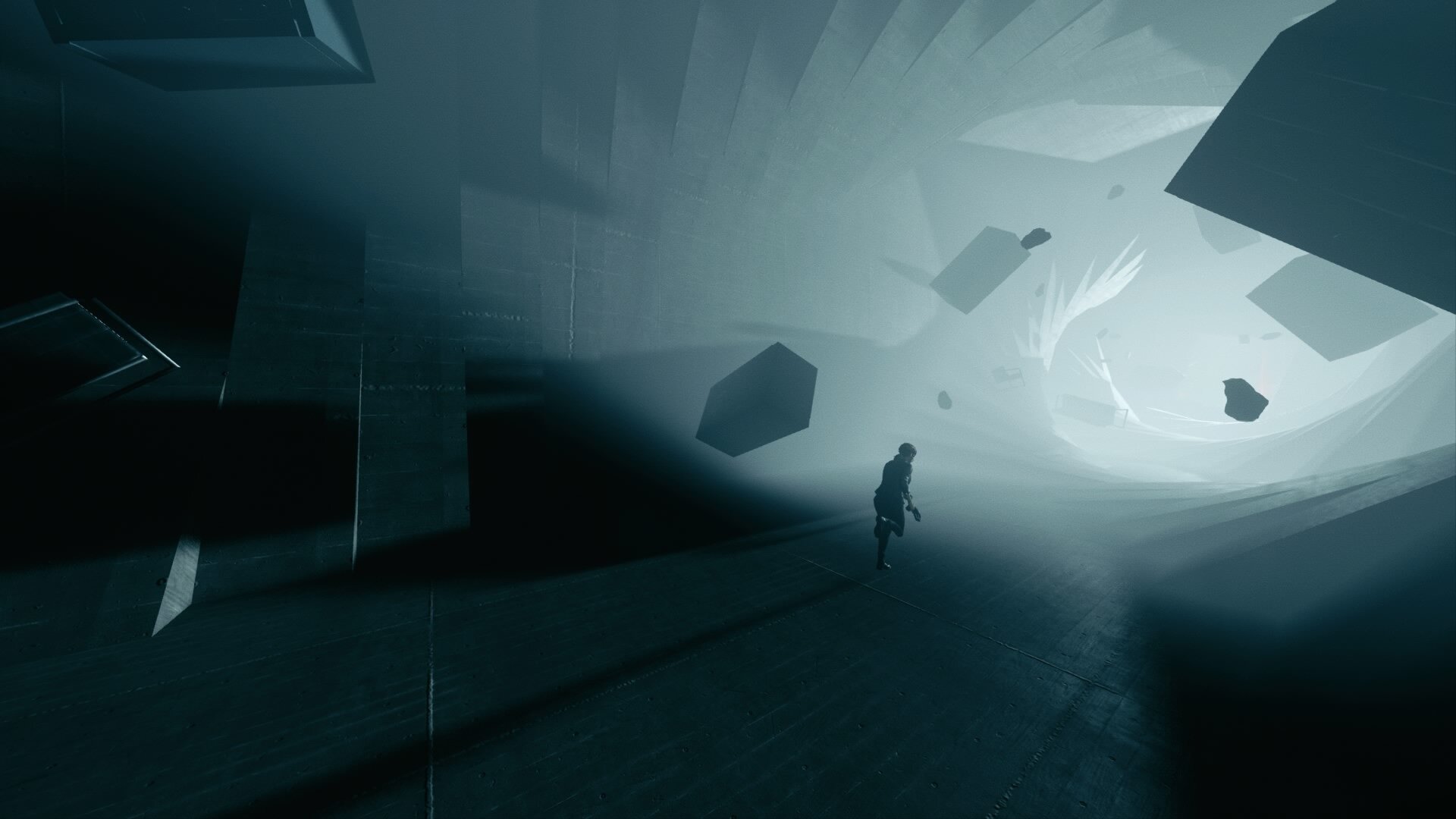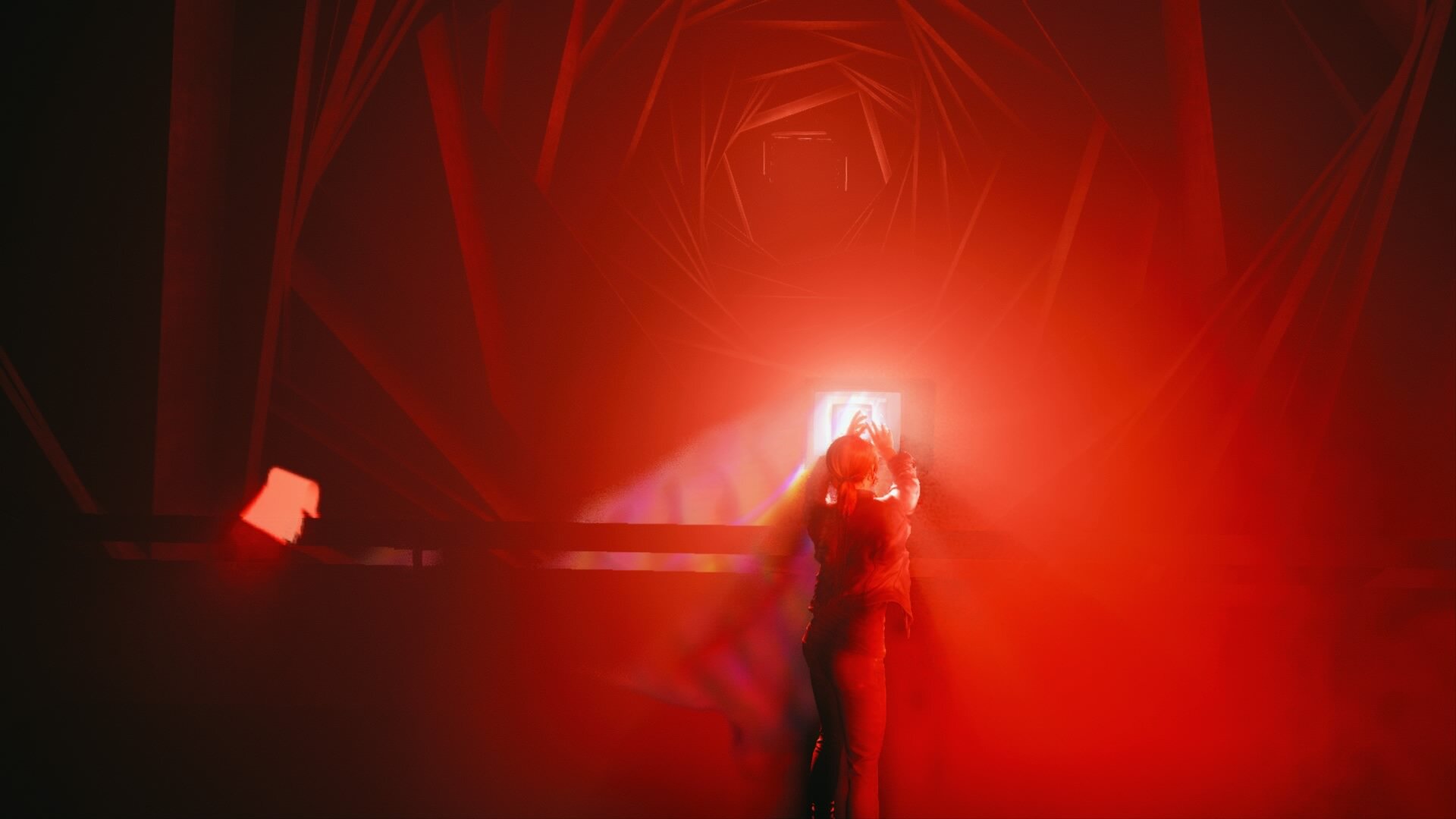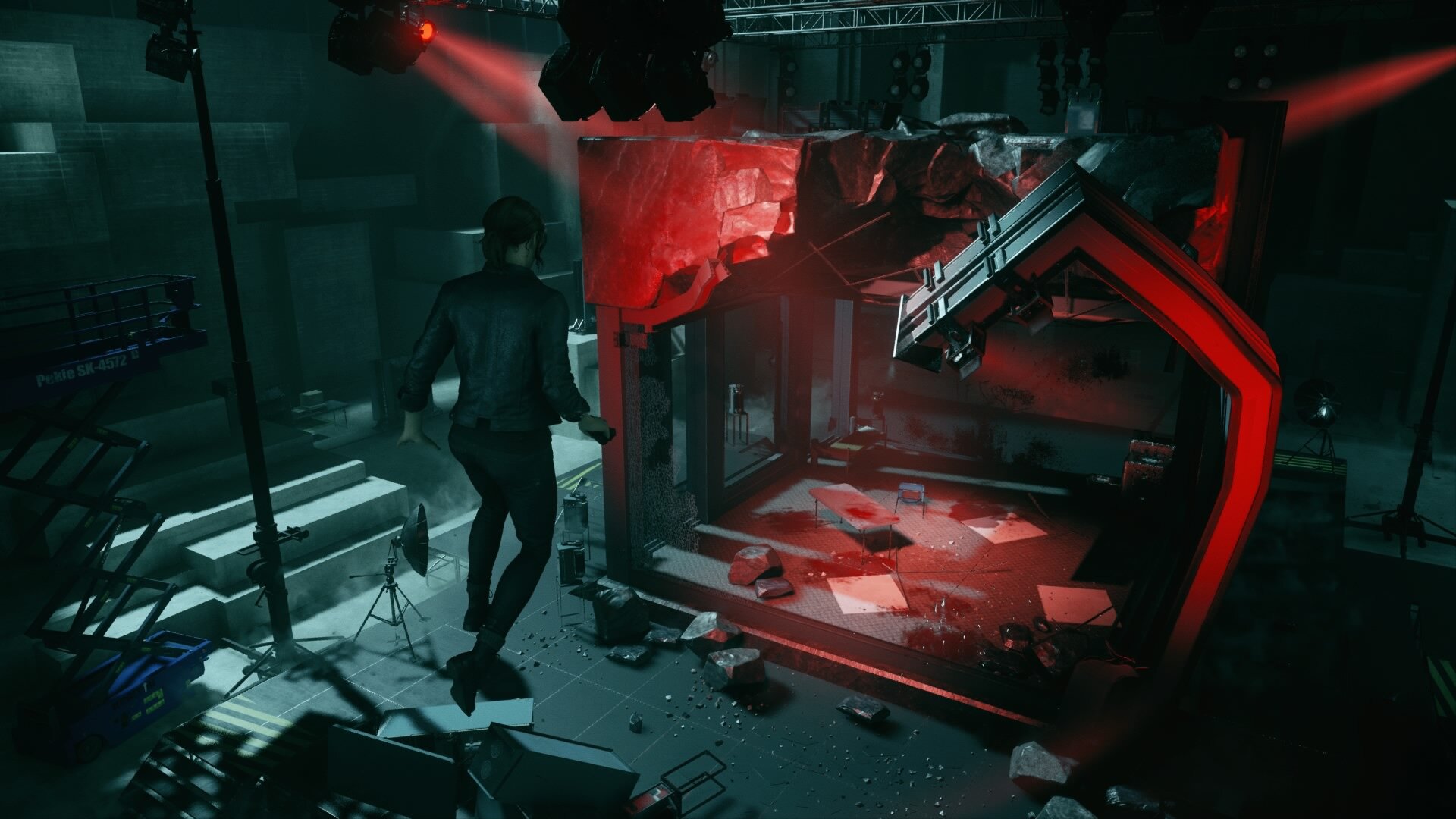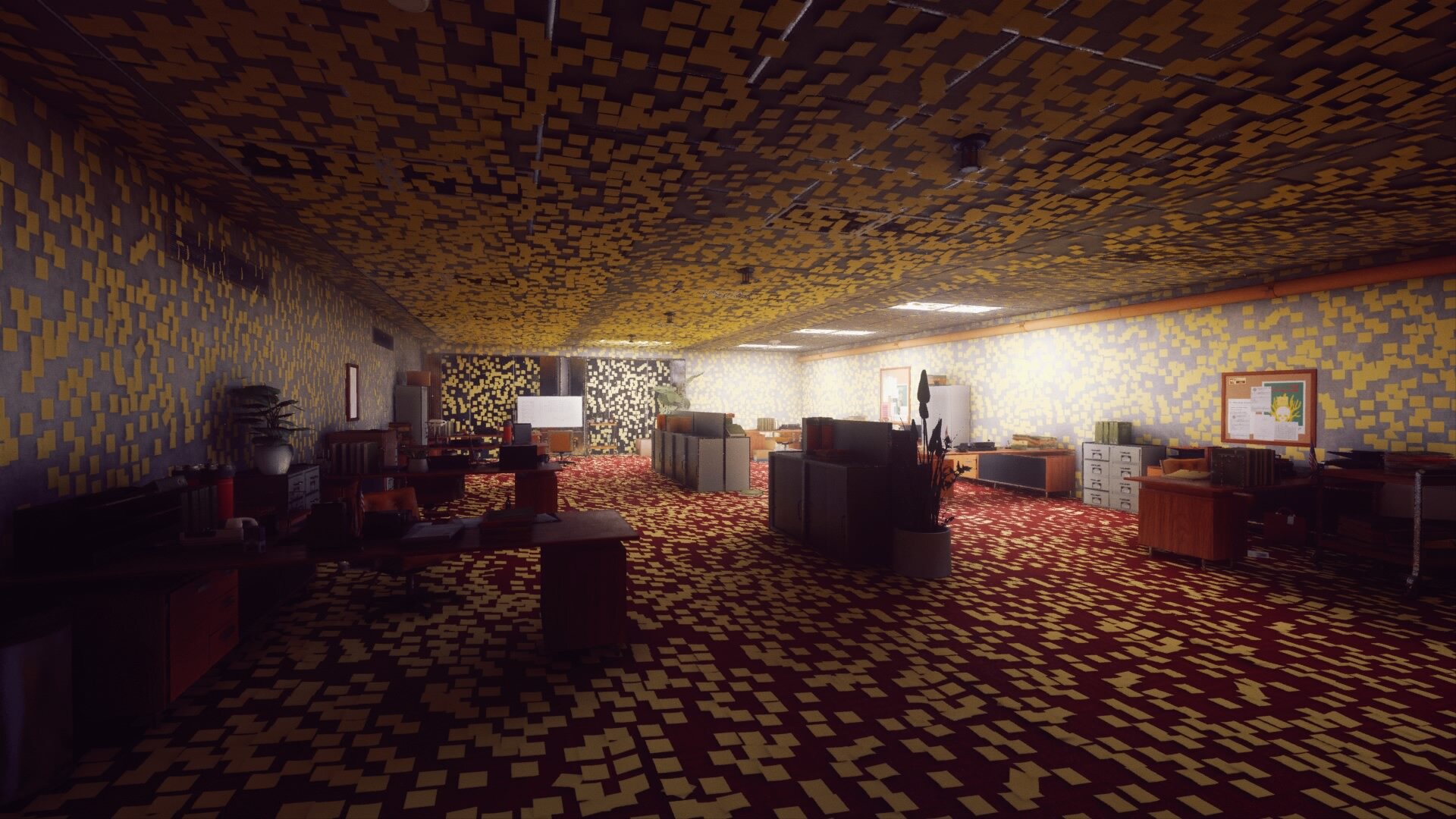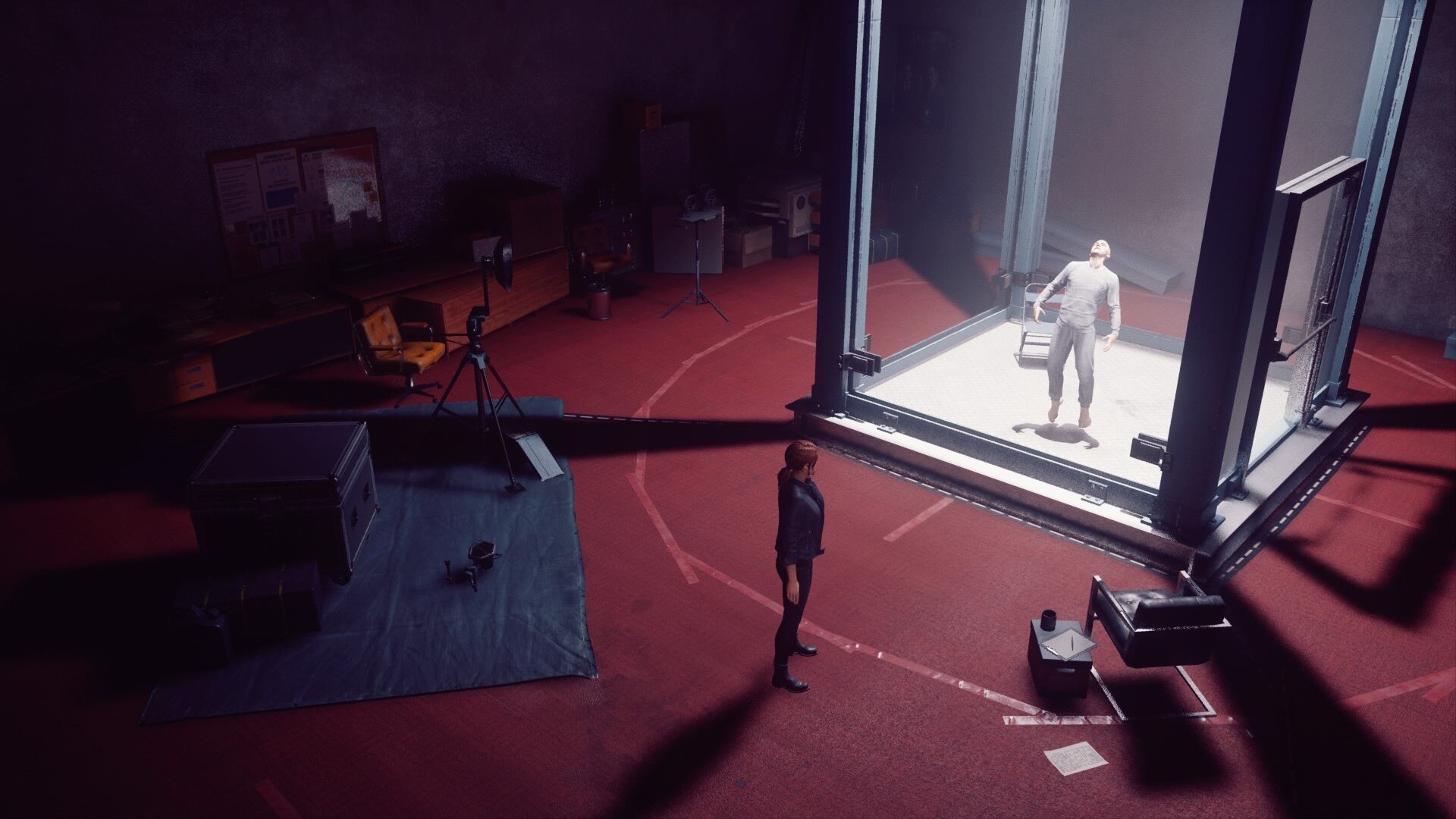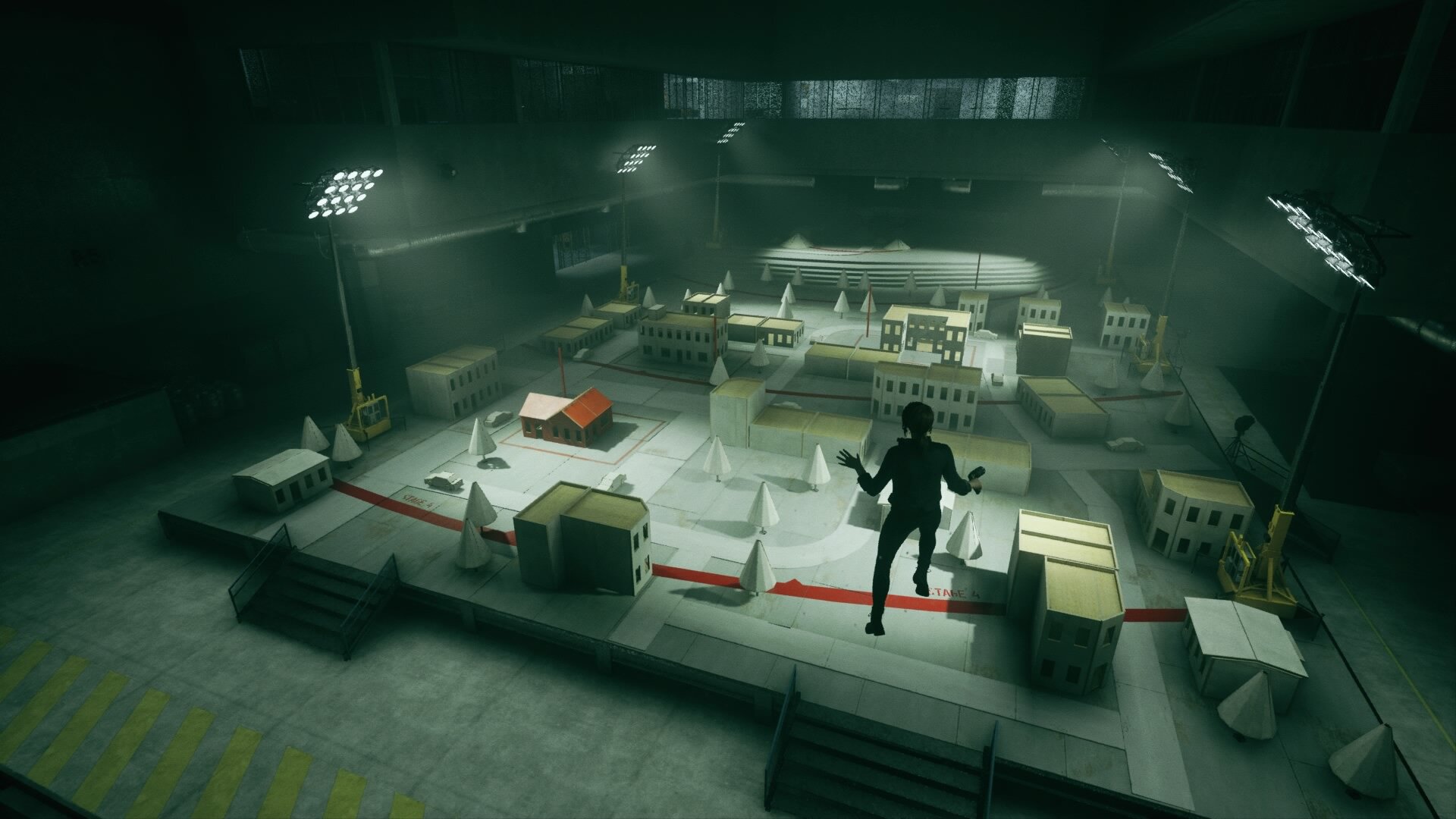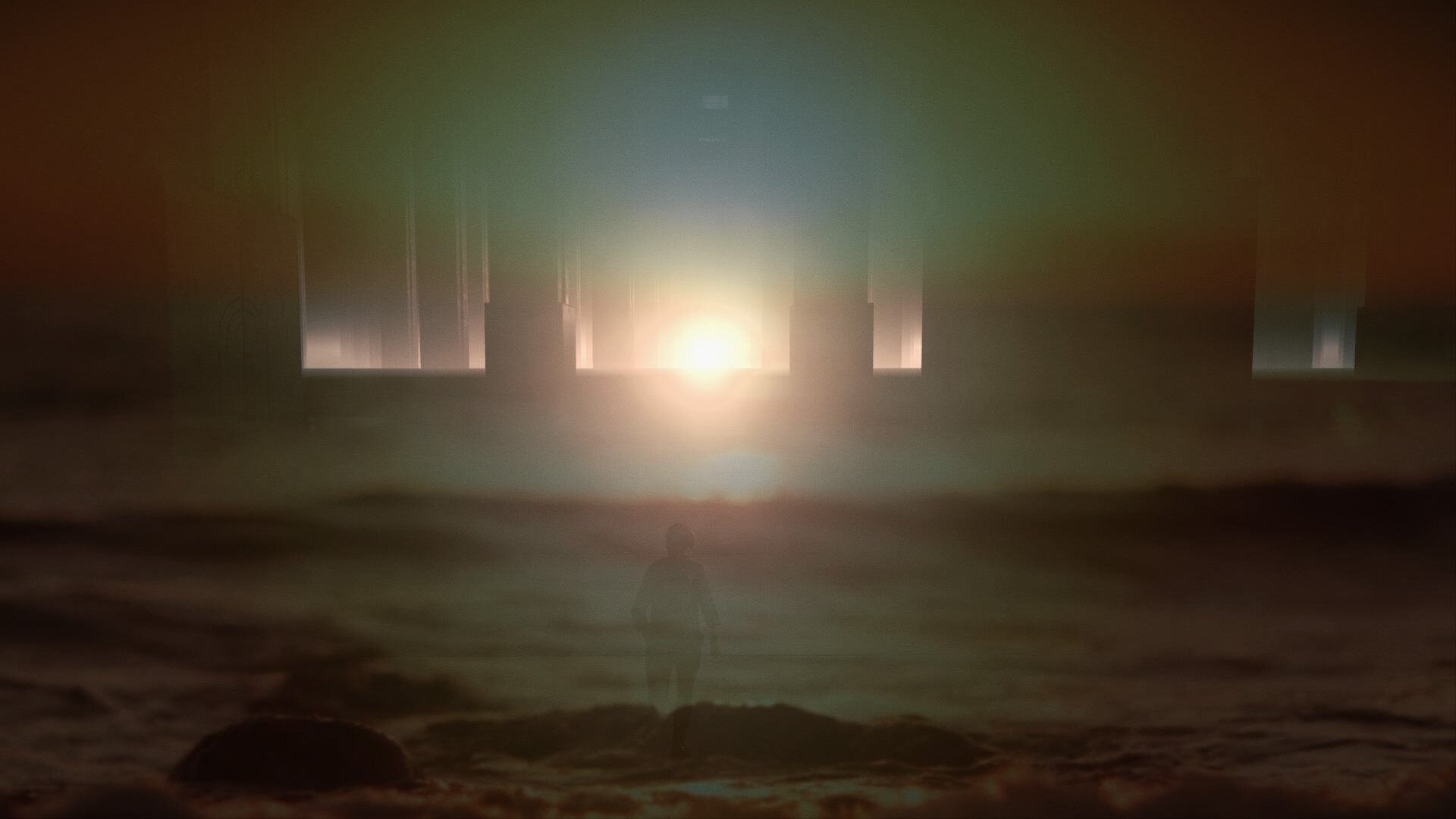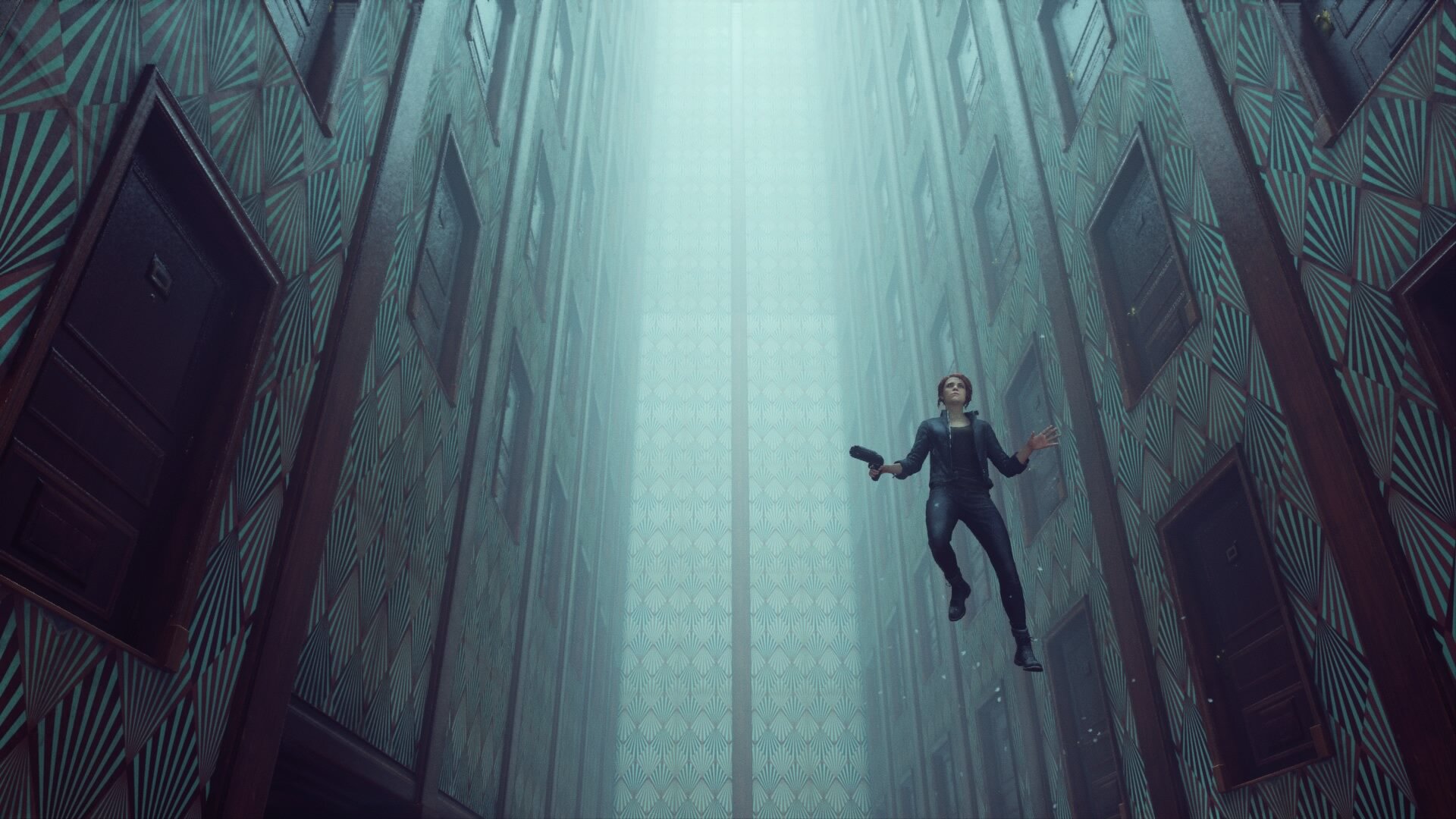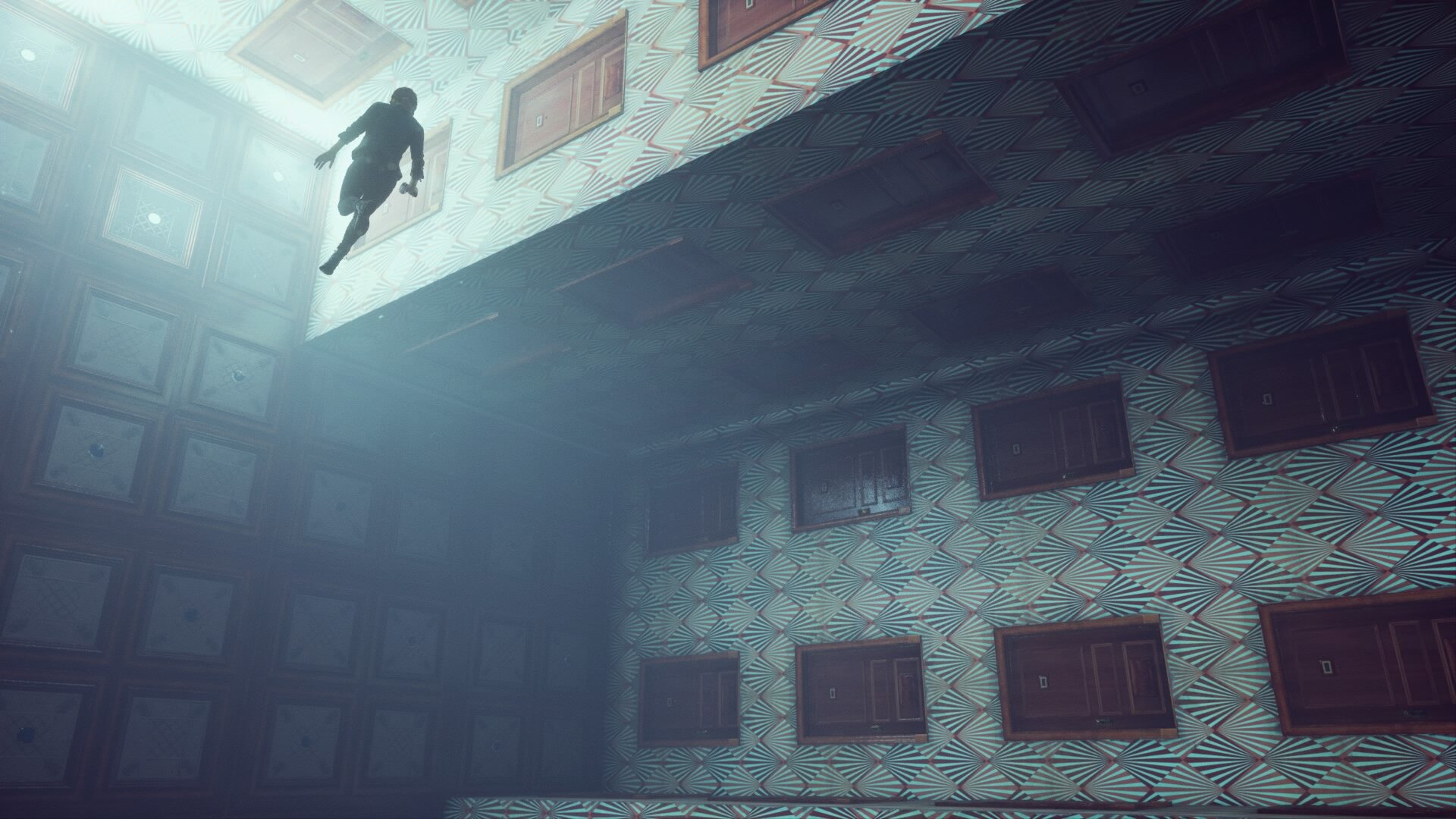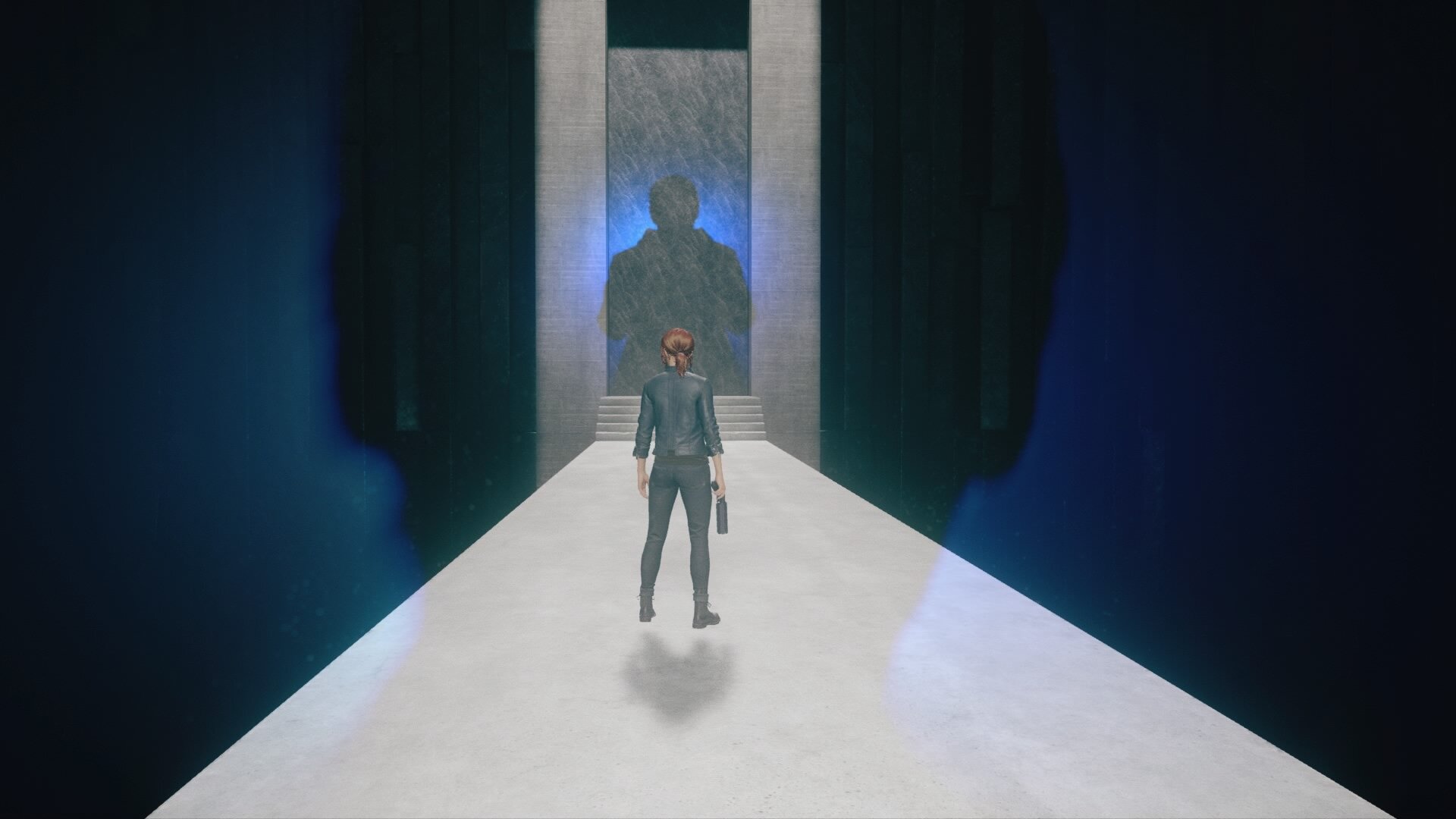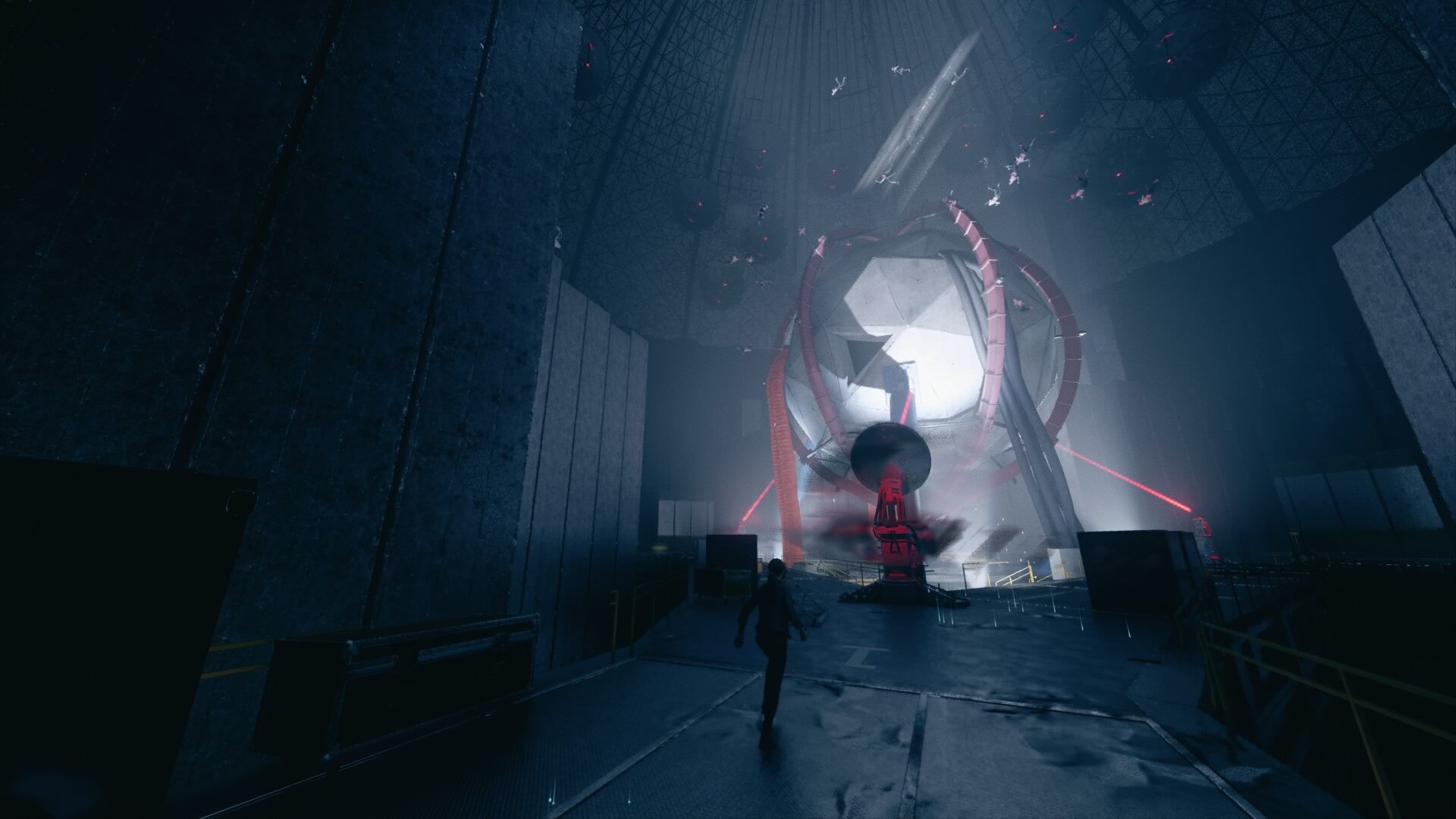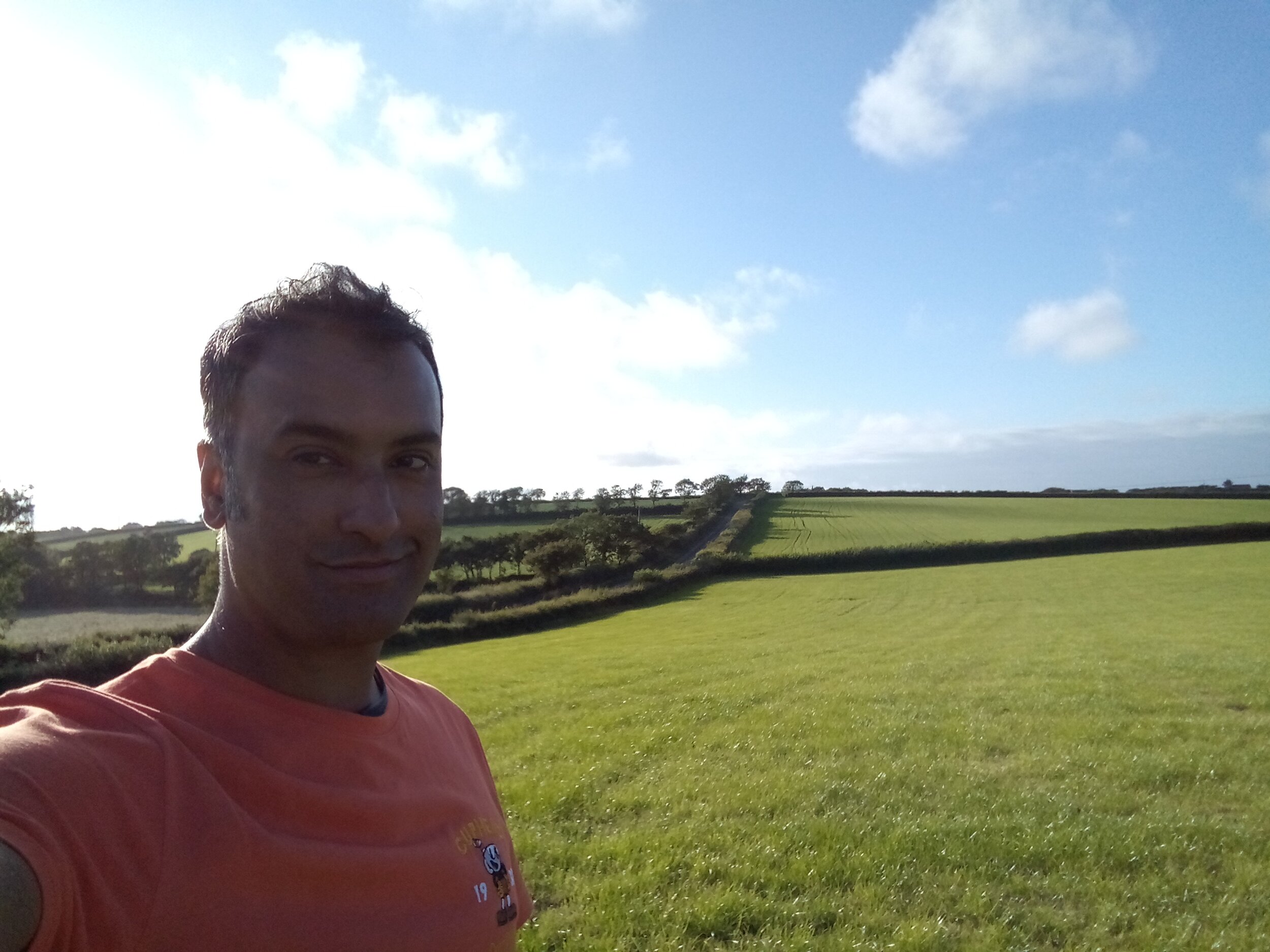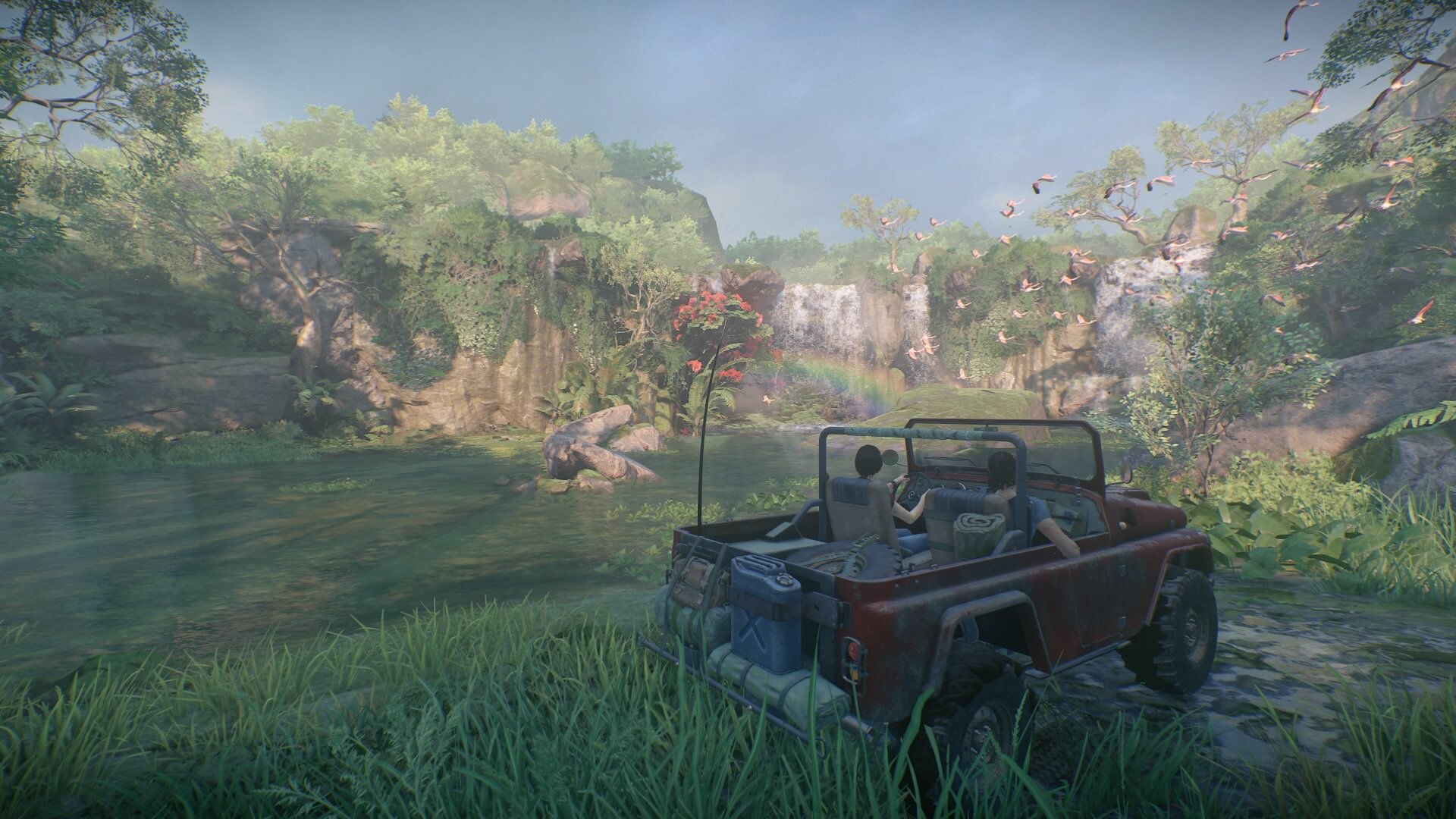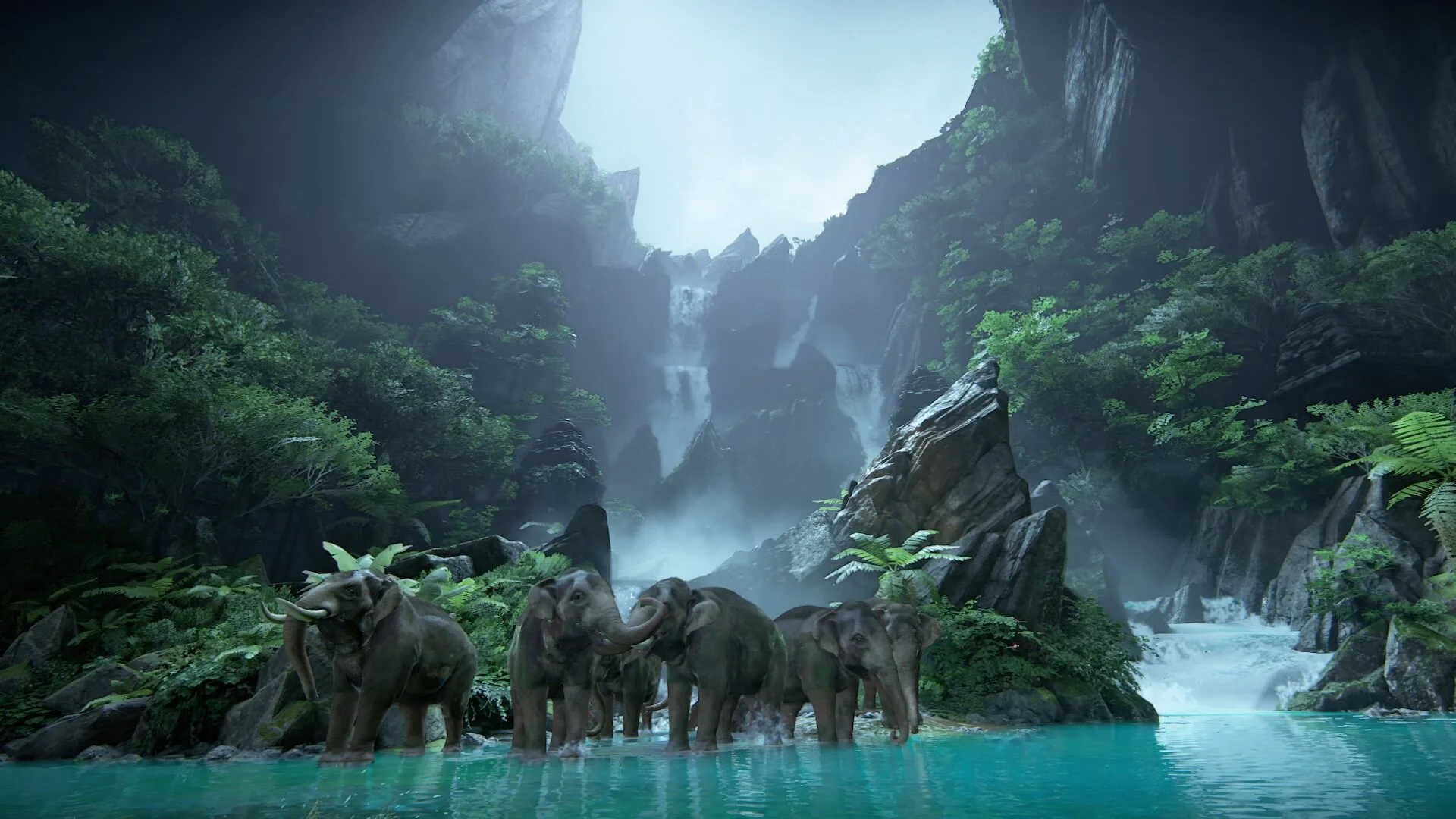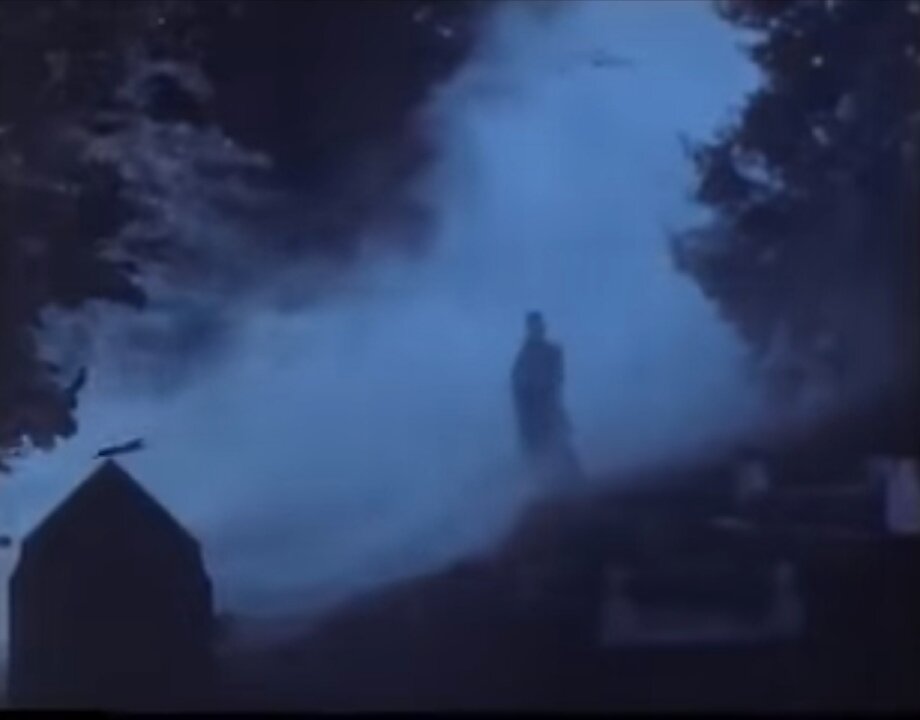You'd think that the 4th July reopening of pubs, restaurants and bars means that the British government have nailed the virus here in England but with at least 44,000 deaths and the R Number (reinfection rate) oscillating close to or above 1 is some places, we are most definitely not out of the woods yet. I'm remaining cautiously pessimistic as our nation has not covered itself with glory through this pandemic but I hope I'm pleasantly surprised. No amount of jingoistic nonsense, harkening back to past glories or Latin gobbledygook from our fearless leader is going to take the tragic number of lives lost away.
However, before we tentatively move into 'new normal' v1.0, I want to reflect on what I've been doing with my time in lockdown, to save it for digital posterity.
I've caught up on most of my cult DVD sets and series. I'd built up quite a collection of rarities, oddities and just strange DVDs from my many visits to Computer Exchange and now I've seen most of them, which is nice. There's been some great pleasures such as BBCs ‘Day of the Triffids’ but also great WTF moments (but in an awesome way) with ‘The Singing Ringing Tree’ .
I've finish many video games from my pile of shame including Spiderman, Shadow of the Tomb Raider, Uncharted: The Lost Legacy, Call of Cthulhu, Panzer Dragoon and A Plague Tale: Innocence . I'm now working through Skyrim (still after a year) and Control but still have God of War and Horizon Zero Dawn to start.
I've read loads of books, especially on social issues like the rise of suffragettes, flappers, the creator of the monster fromCreature from the Black Lagoon and issues of race and Black identity. I feel that I've grown and matured, but to balance this I've also read some tween graphic novels so that's equilibrium achieved. I've liked holding actual books in my hand as it's been a comfort to snuggle up in bed and immerse myself in the writing.
When I can't sit and read, due to having two kids running around, I have been listening to Audible as I have had a digital pile of shame in my library, about 15 books of varying length for over a year. I find 1.3x a good speed to listen to things generally, as I'm a fast reader and this pace suits me as it makes me chuckle as some narrators start to sound like Alvin and the Chipmunks. I've been able to work my way through several books this way.
I've been trying to improve my posture as I have looked like Mr. Burns and had the makings of "A mighty fine hump". So, between my sleep apnea machine, my octogenarian Floridian walking shoes and my posture fixing I'm an old man in a (nearly) middle aged man's body.
I've worked extra hard to create lots of articles *sigh* 'content' for the website and it's been a joy to do. I love getting my thoughts and feeling out on this website and even though I don't get all that many hits, I find it therapeutic, like knitting, whale song or matcha for the soul.
I've been watching a sheesh tonne of Netflix, where we've binged Dead Like Me and Awkward, as well as watching Disney + and the straight to DVD sequels that the company plopped out in the late 90s/early 00s like Mogli's Revenge, Aladdin 4: Rub Me the Right Way or 102 Dalmatians: Doggy Style. Okay, I kid about the titles but there are some horrendous Disney sequels out there. I've not been the biggest fan of them but my girls like them just fine.
I've been listening to lots of classical and instrumental music as I find it sublime and majestic; it enraptures my soul. The music transports me with its ethereal notes to another times, place, realm. Much of the music moves me and of particular note are:
Taverner- The Lamb- Kings College
Vaughan Williams-Fantasia on a Theme of John Tallis
And whilst not classical, I've been listening to these stunning tracks on loop:
Olafur Arnauds- Nyepi (Voce8 version)
Jon Hopkins- Scene Suspended
Pauline Oliveros- The Last Time
Much time has been spent working out the most efficient way to sleep on a sofa bed as my wife and daughters share the one actual bed in the bedroom. I haven't minded as I've had a couple of hours to myself to play games, read, listen to music or whatever I like as long as I remain quiet so as not to wake them. Neck ache and a curvature of the spine are a small price to pay for quiet time as a parent.
I've been listening to podcasts, especially Desert Island Discs, Louis Theroux's Grounded and Dermot O'Leary's People, Just People. I've rediscovered that I actually like people, but only from afar so social distancing works in my favour.
Oh, and in between doing all this I've been spending, at the time of writing, 6 weeks (since we arrived in England) day and night with my lovely family where we've:
Climbed Haytor in Dartmoor,
Going to the beach when very few people are there,
Decorated, grown grass and maintained ‘My Fairy Garden' with my daughters,
Spent an indecent amount in Hobby Craft to keep our kids busy with paint your own pottery kits, glitter, stickers, water colors and markers,
Cooking and baking as a family (Jeannie insists I talk about her cookies, which were in all honesty amazing.... I'm not just saying that as there'll be some repercussions otherwise, honest)
























